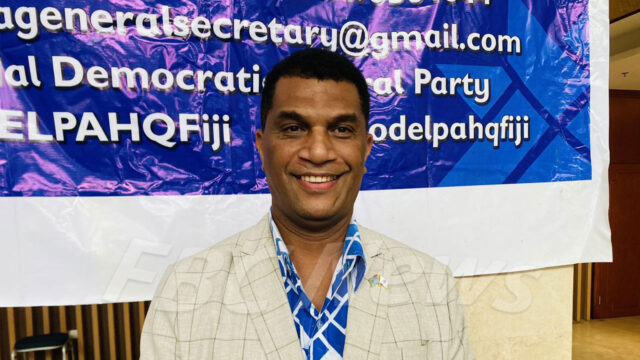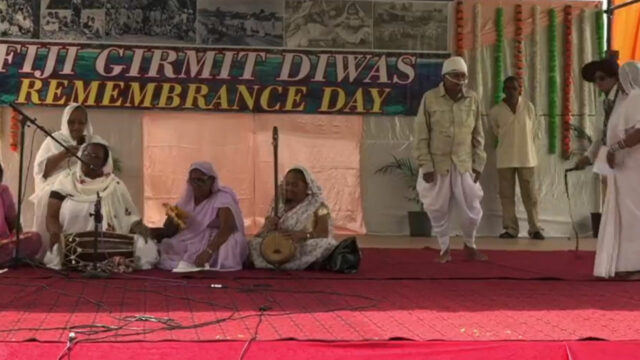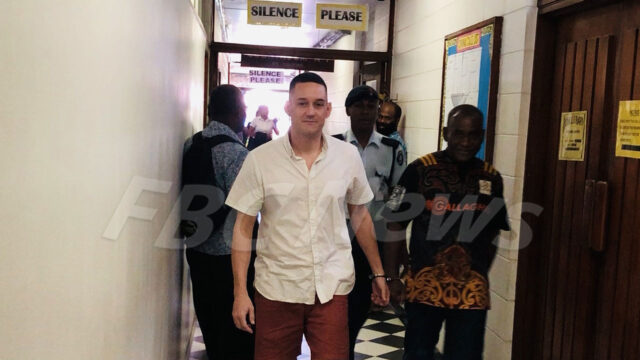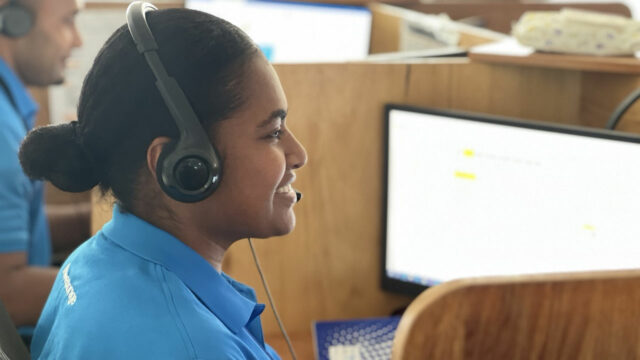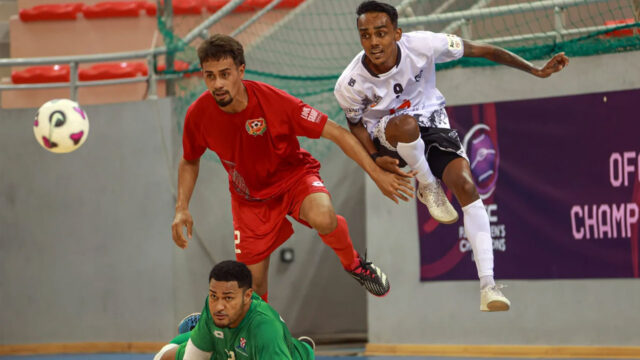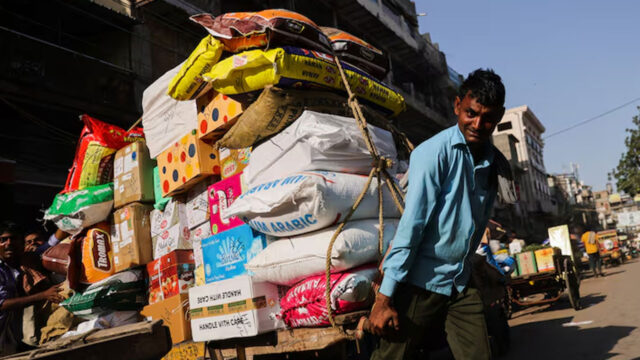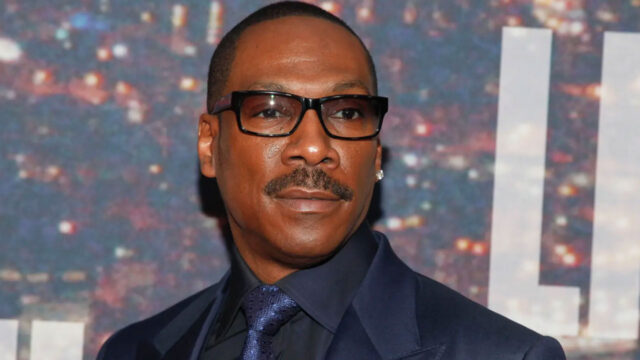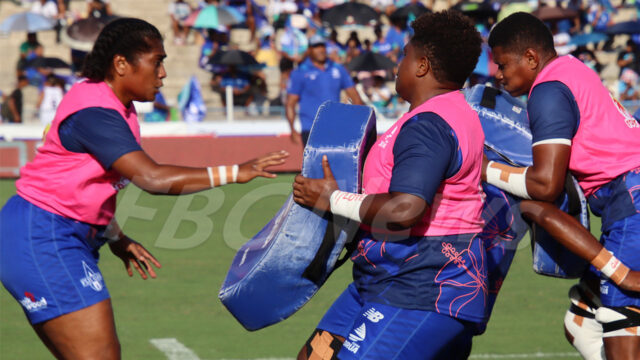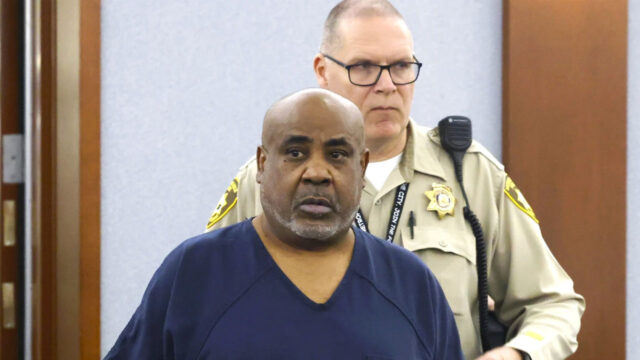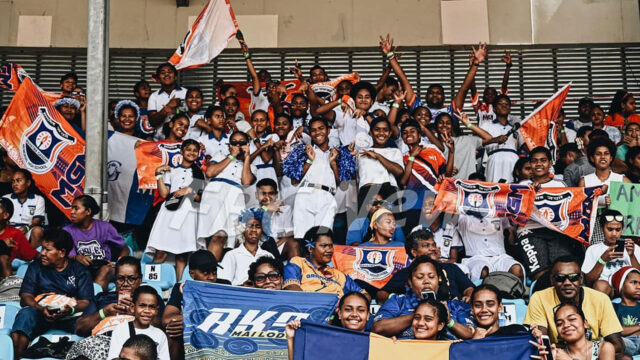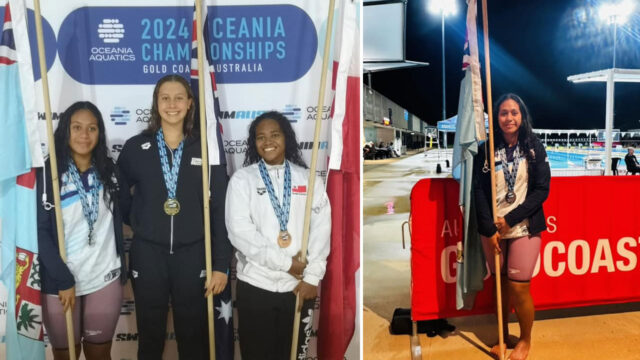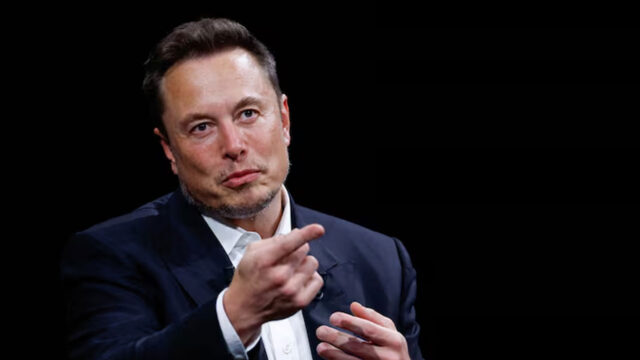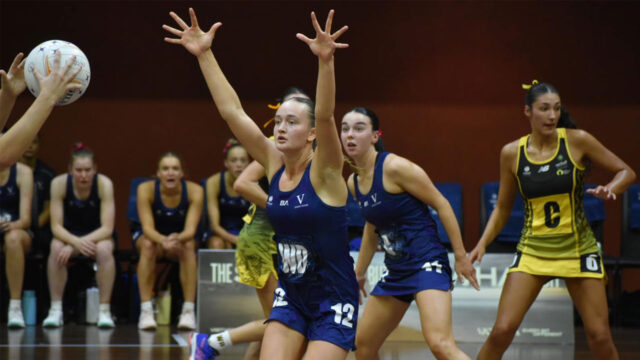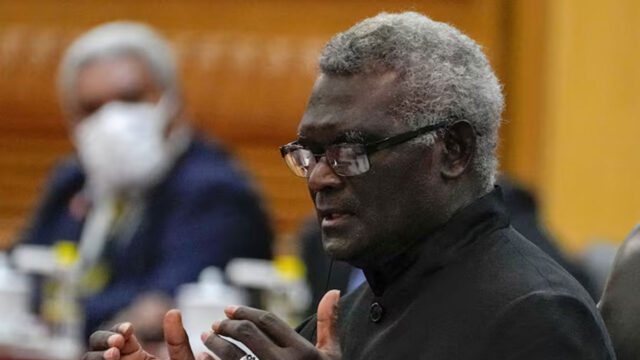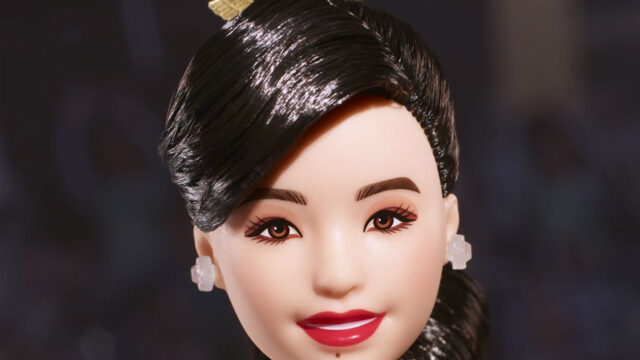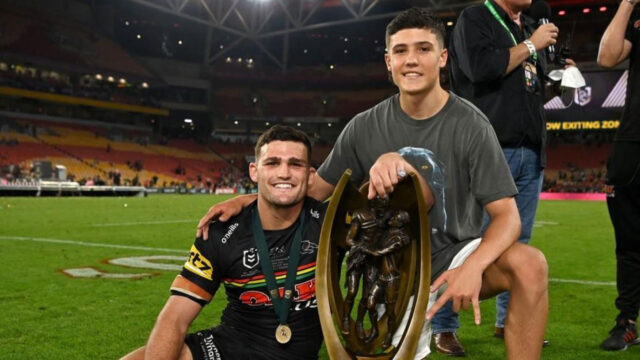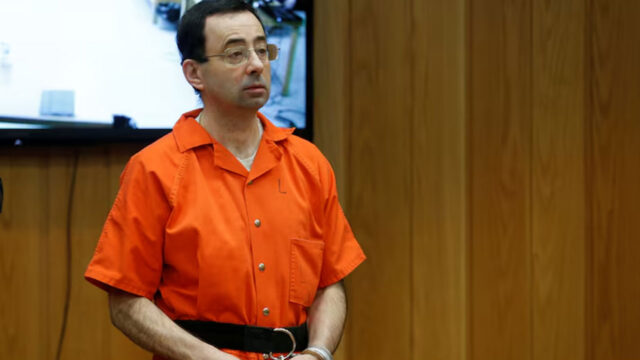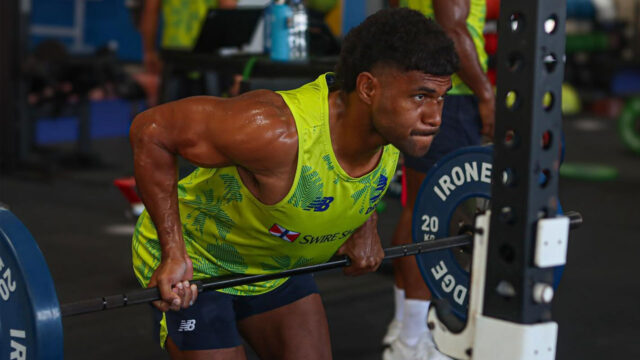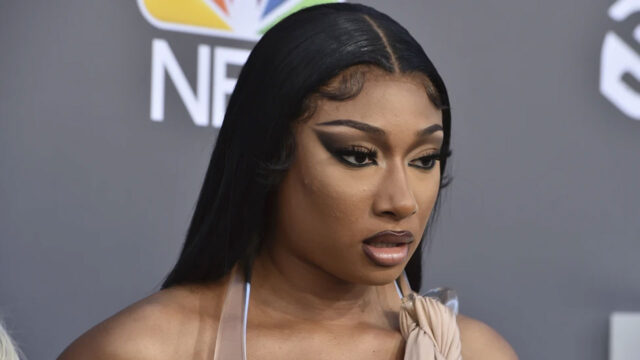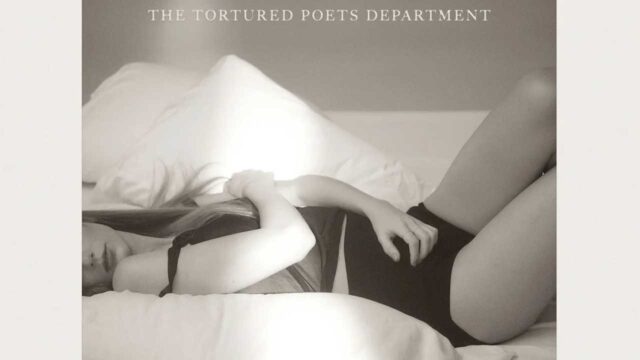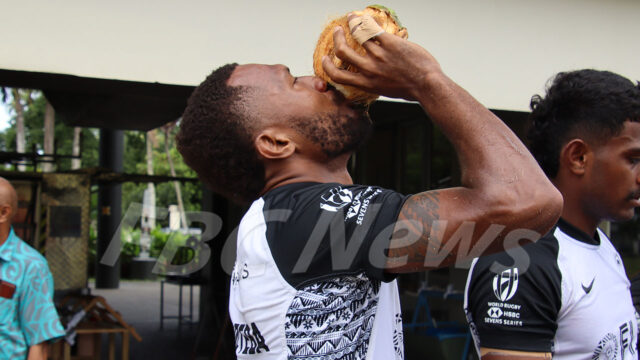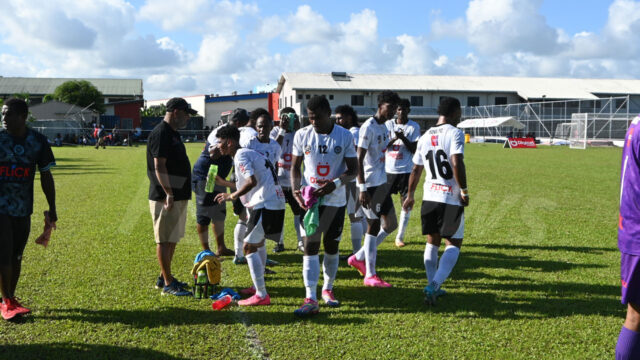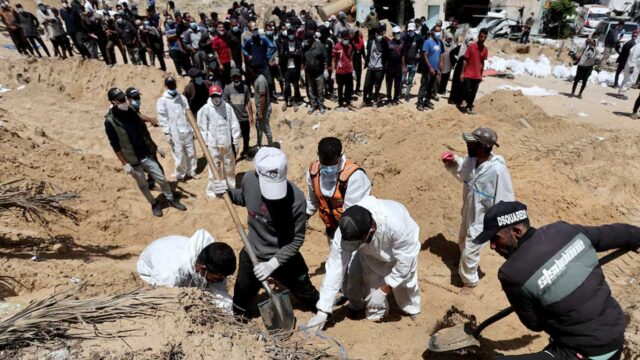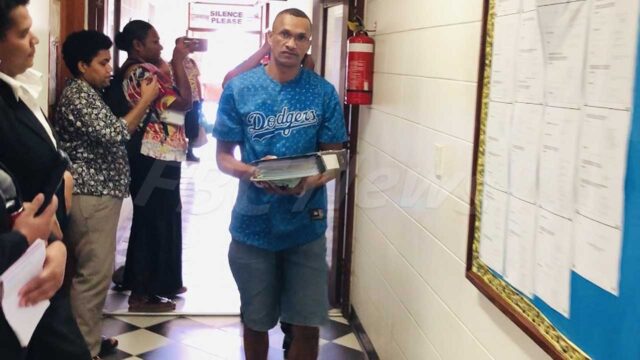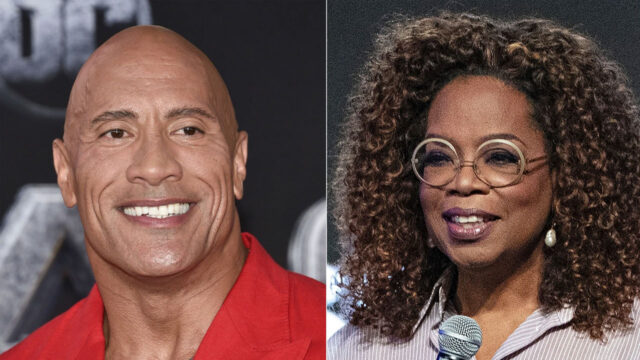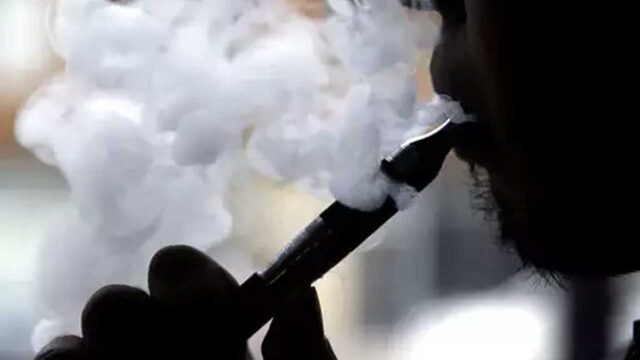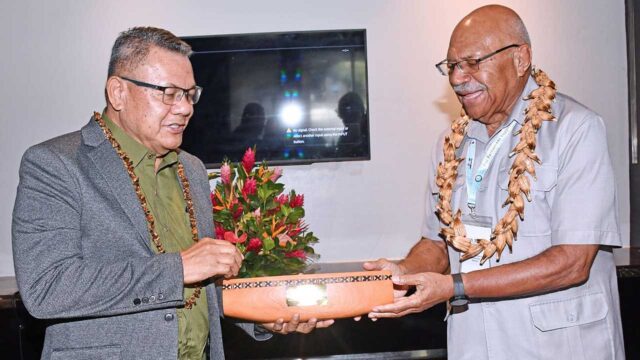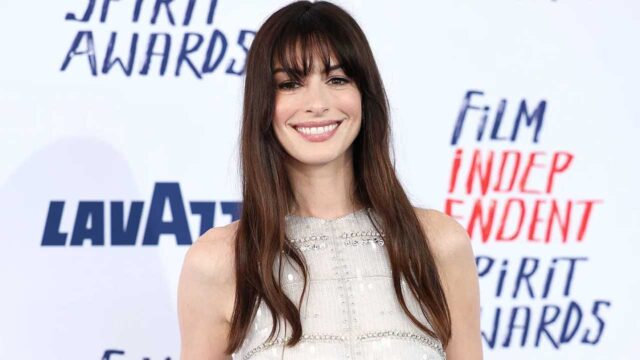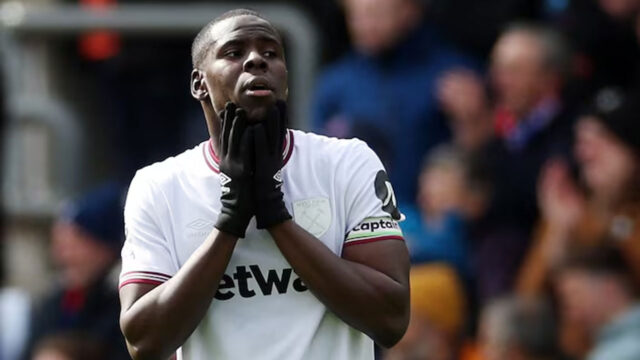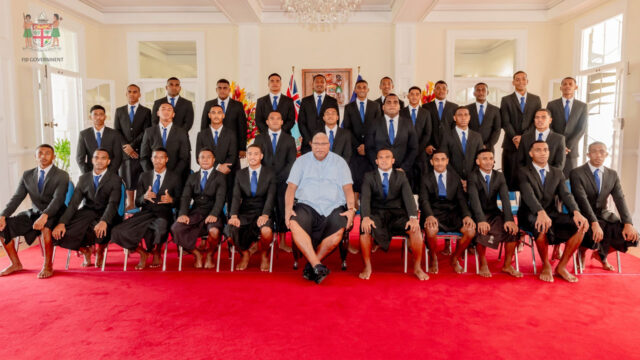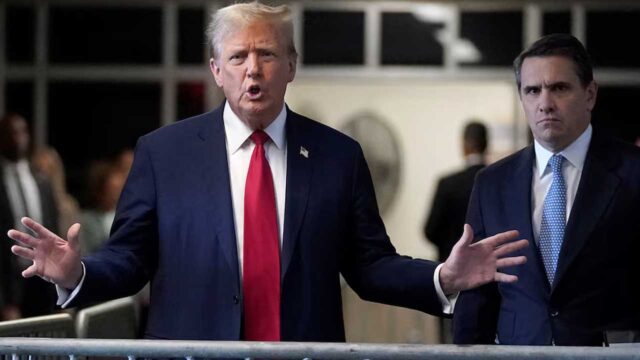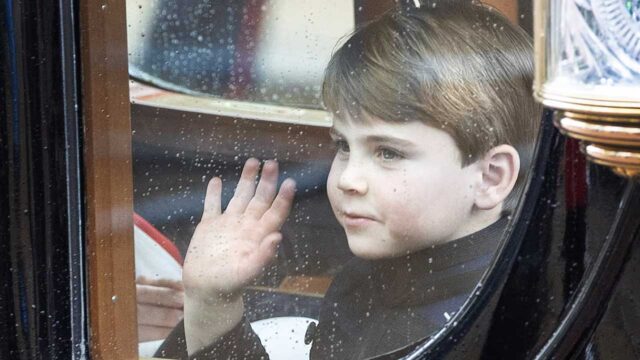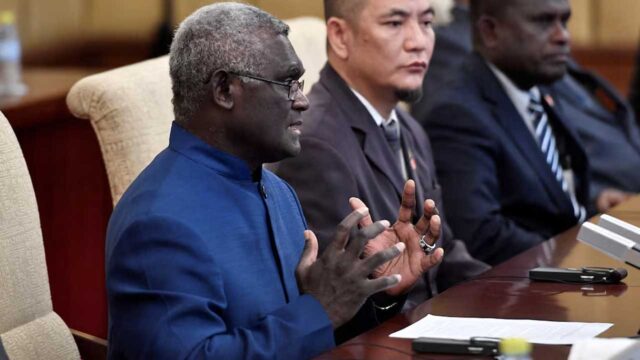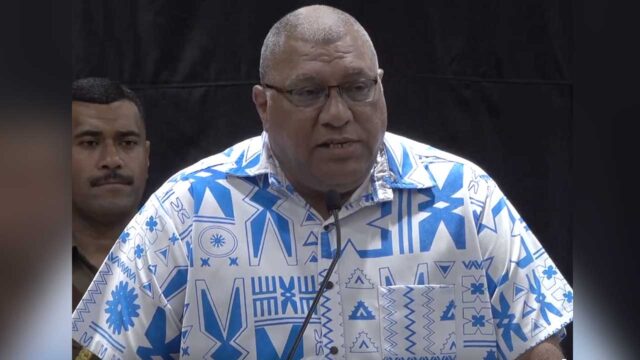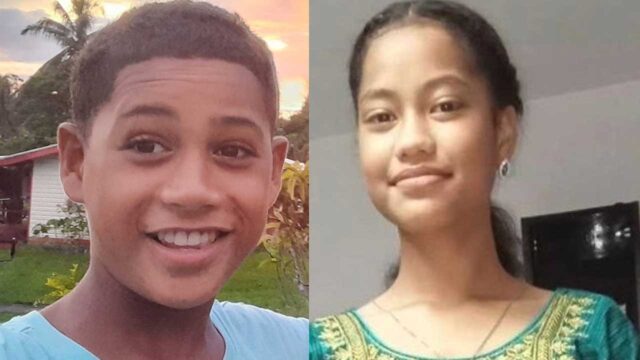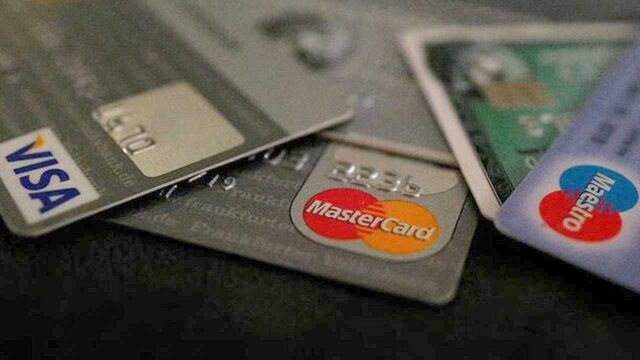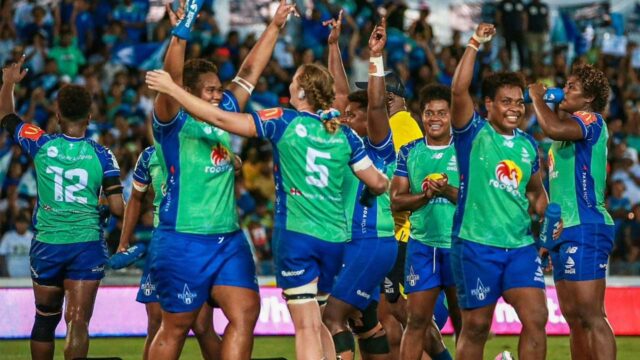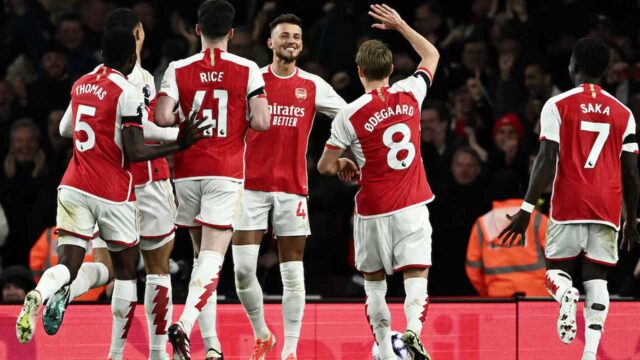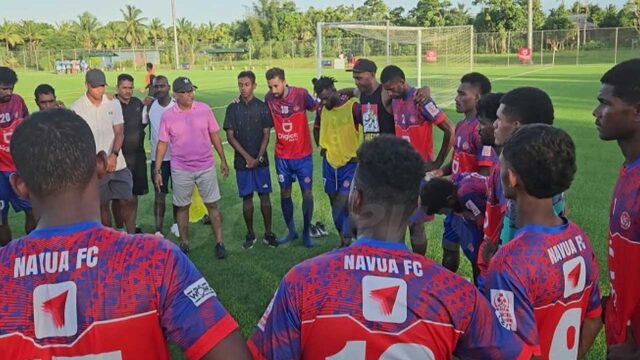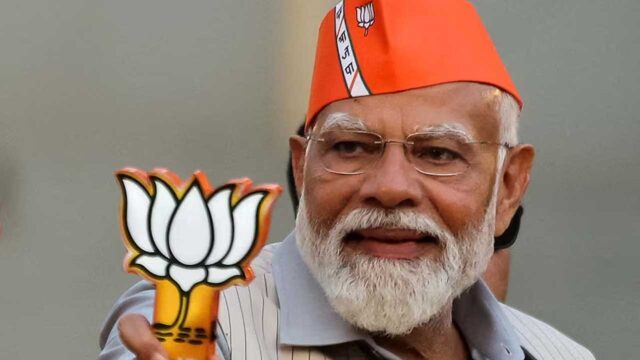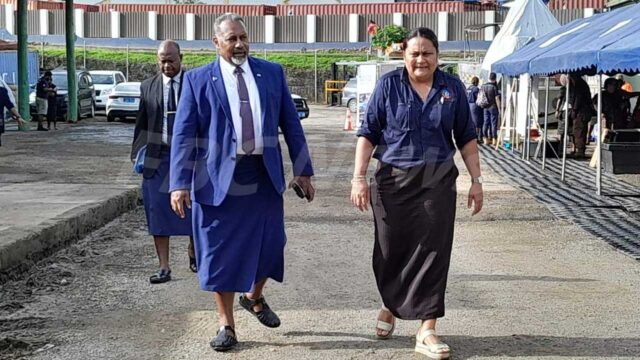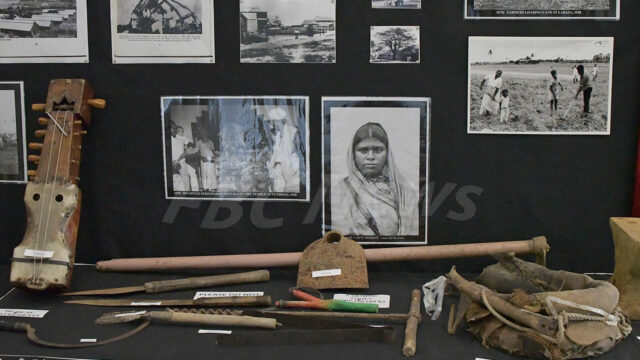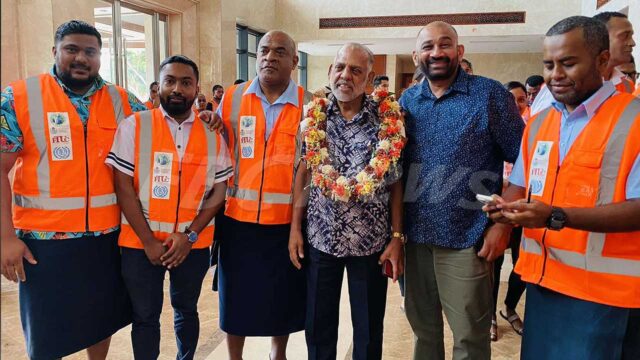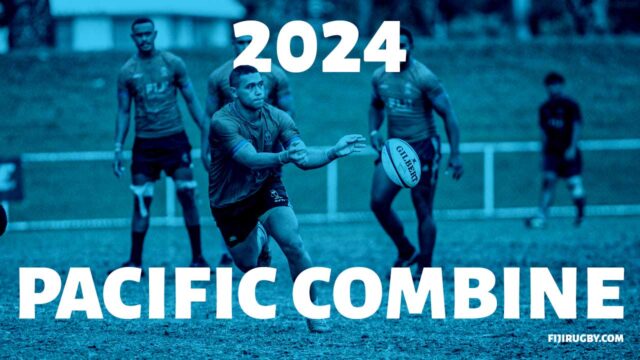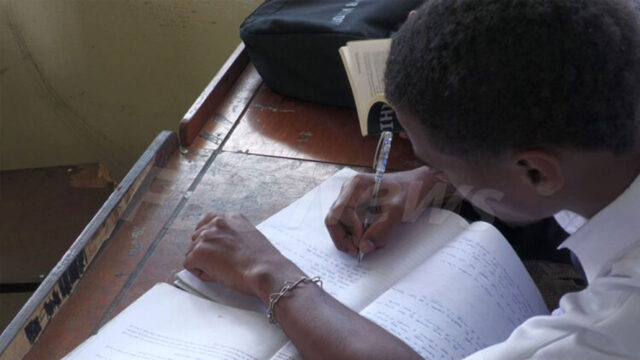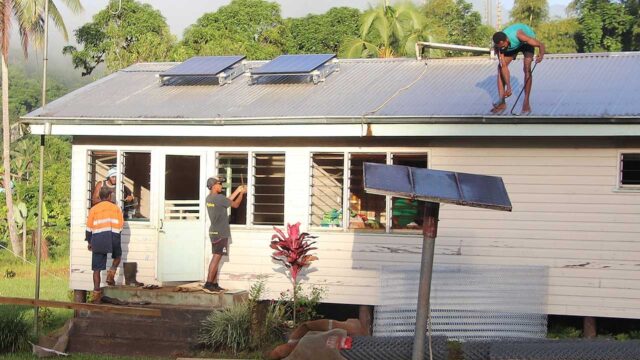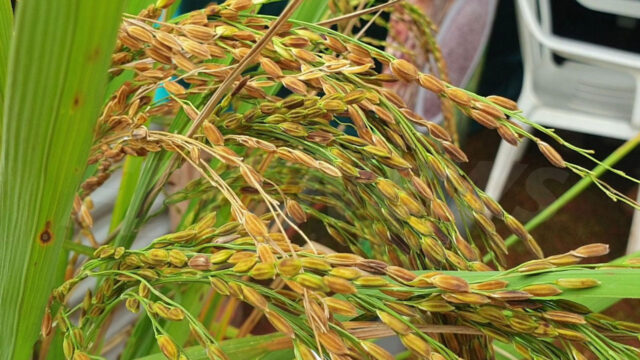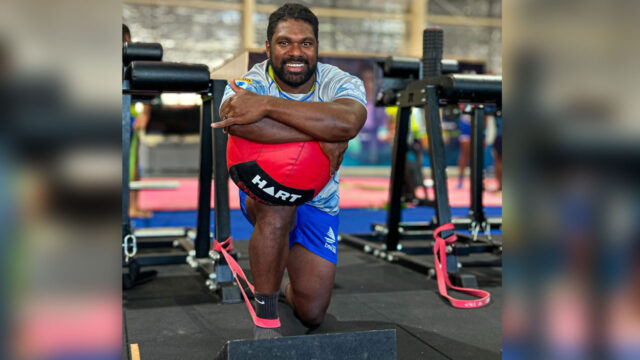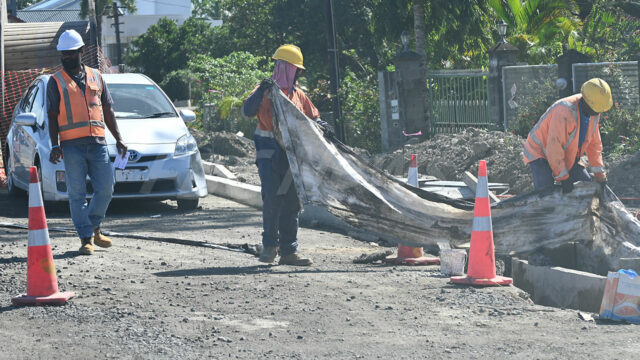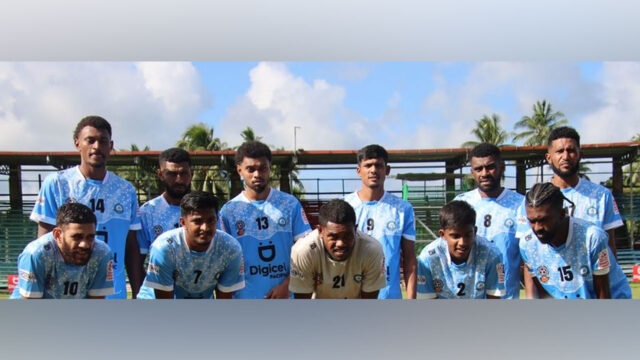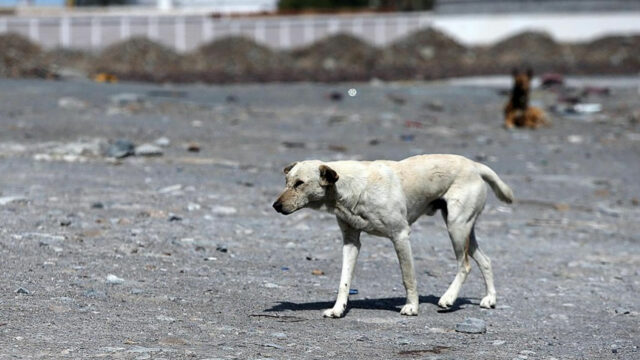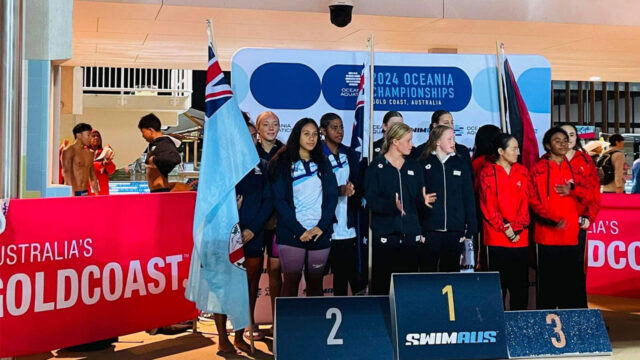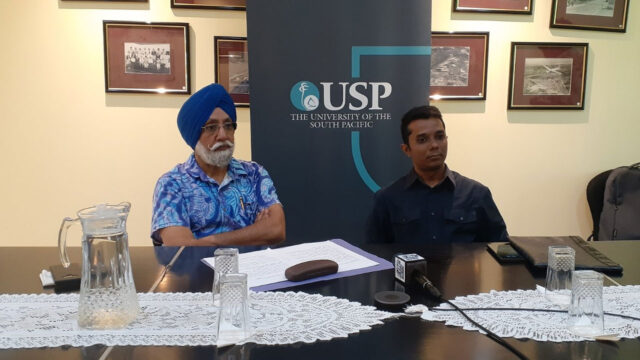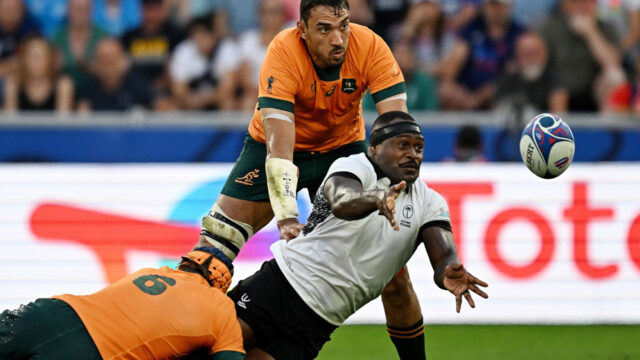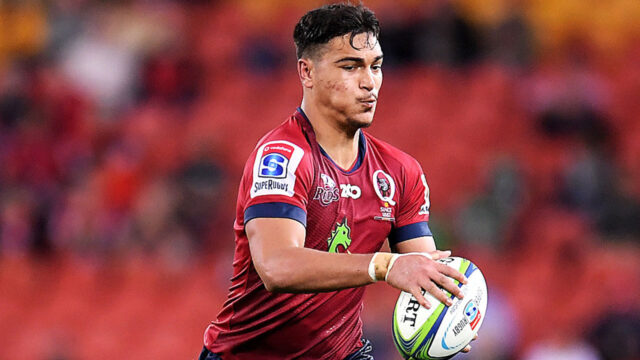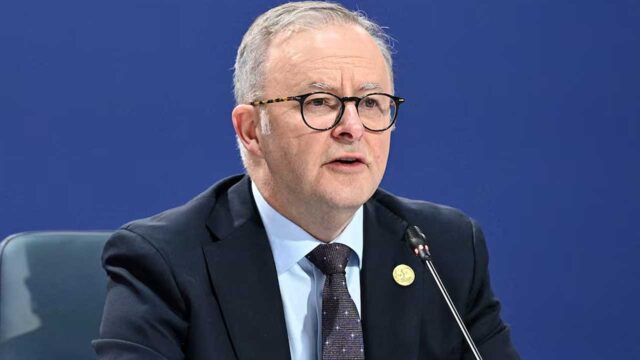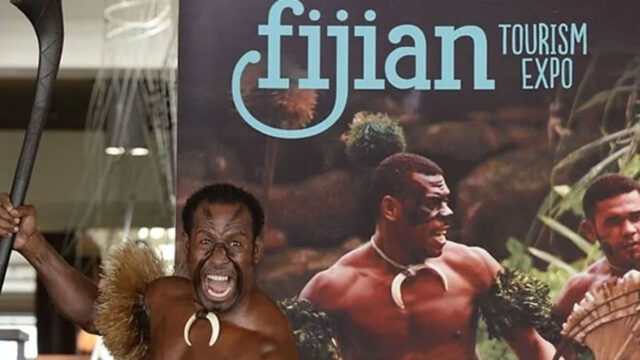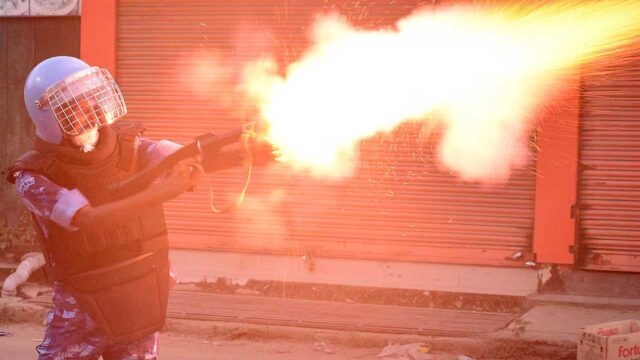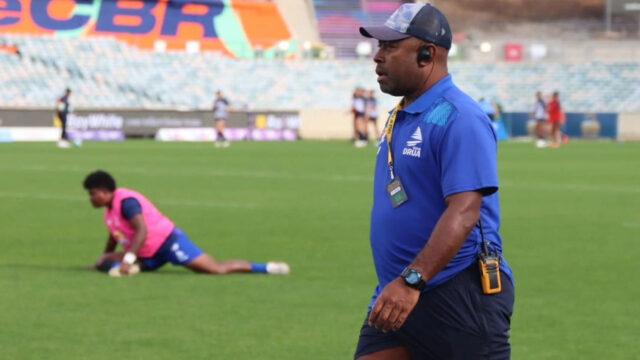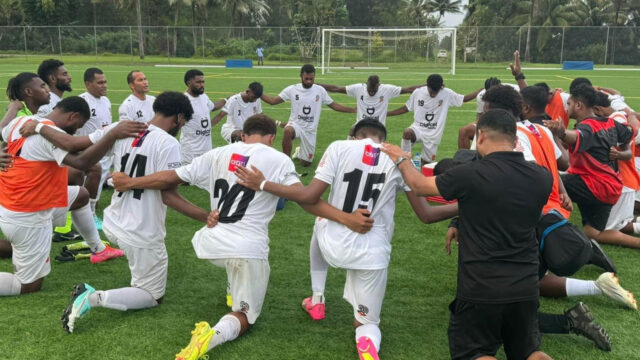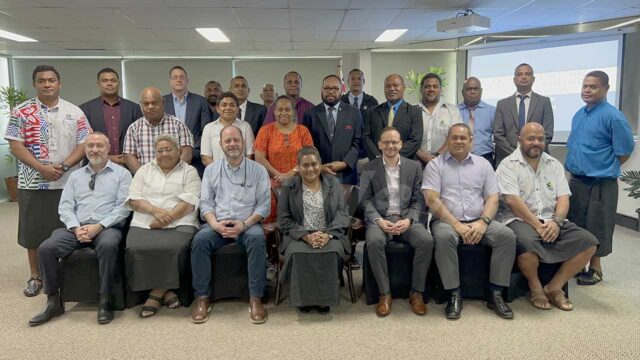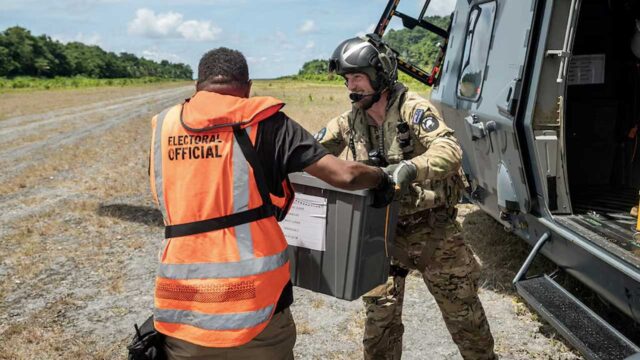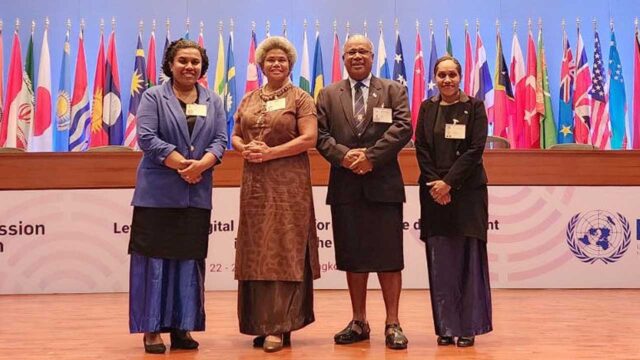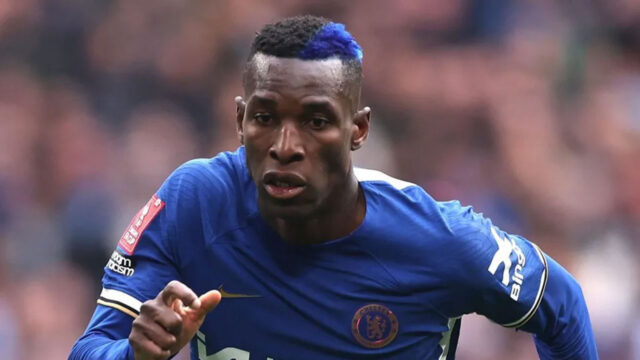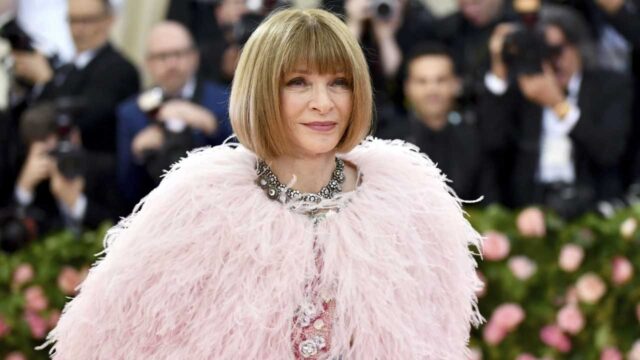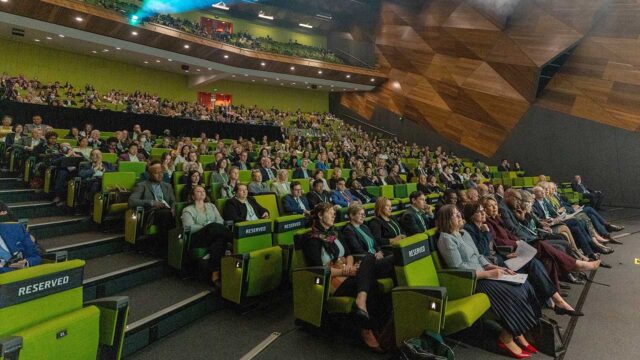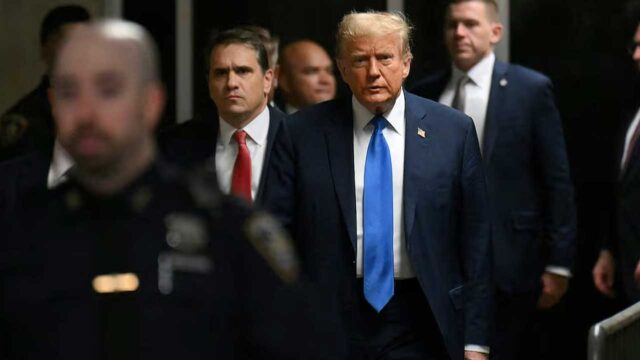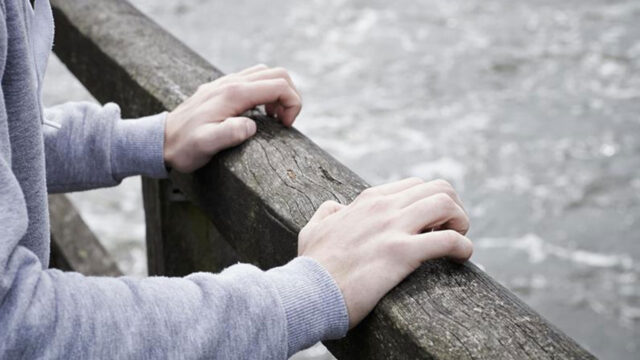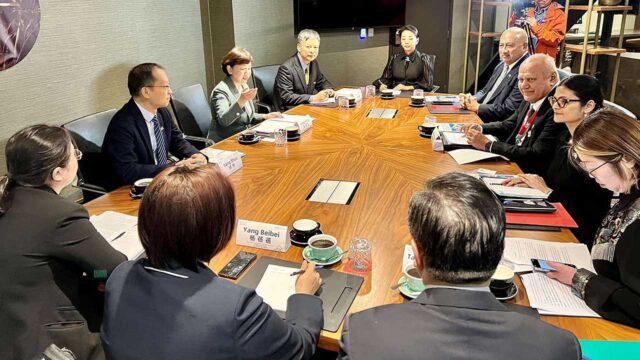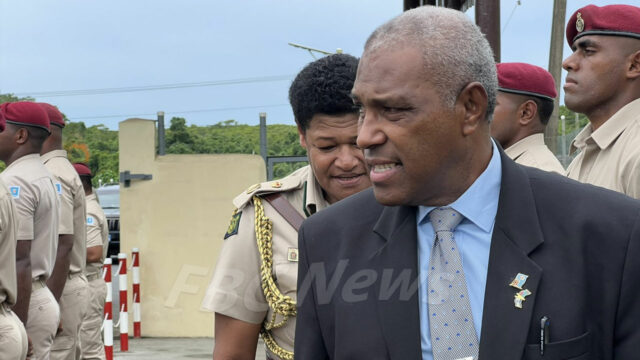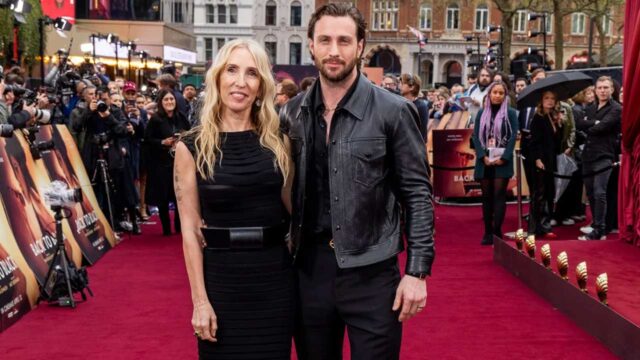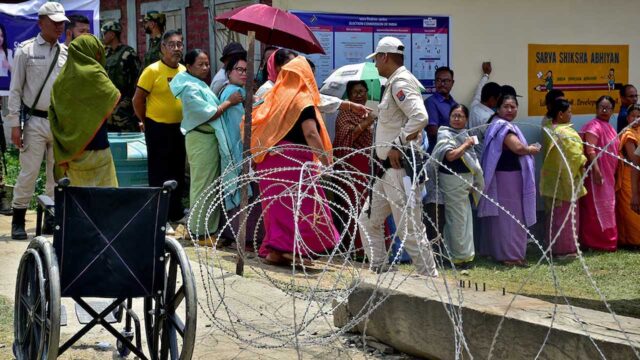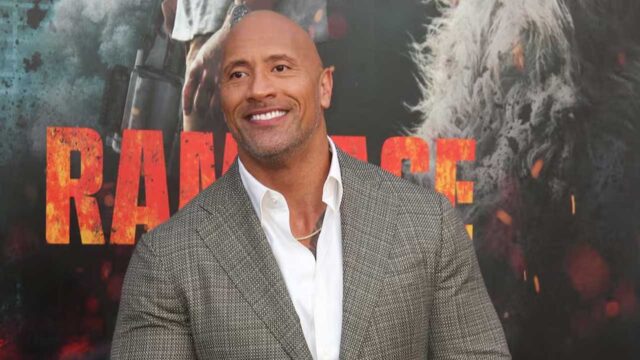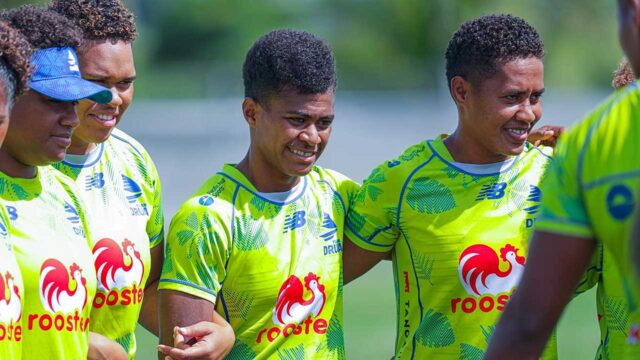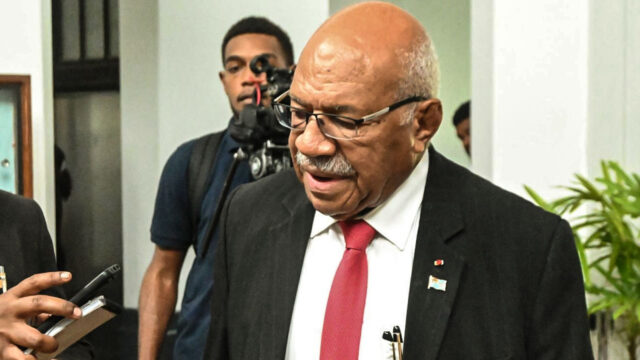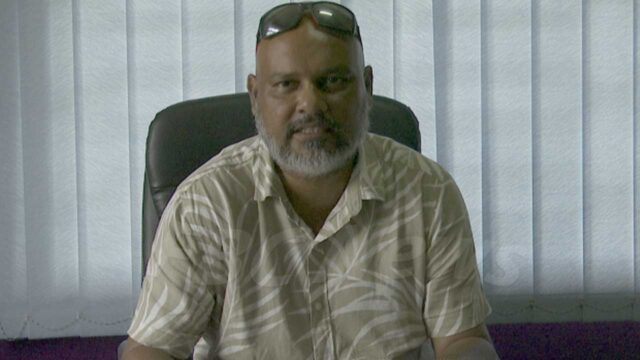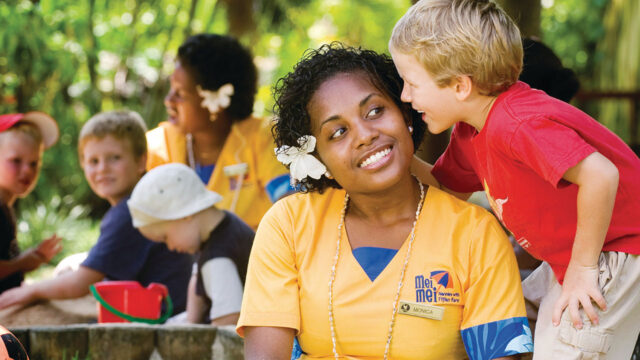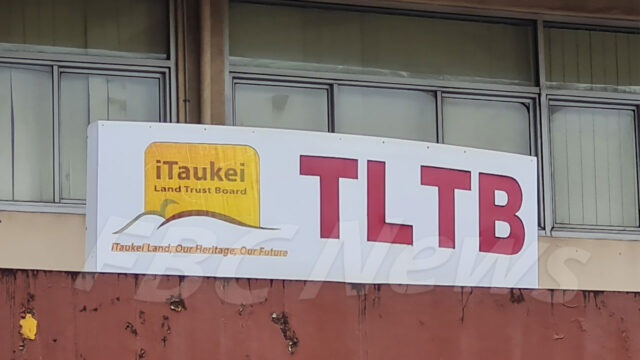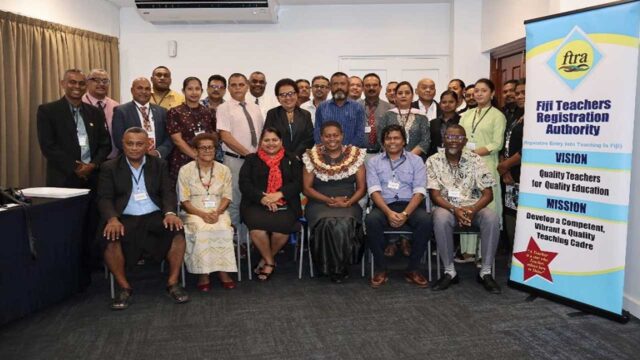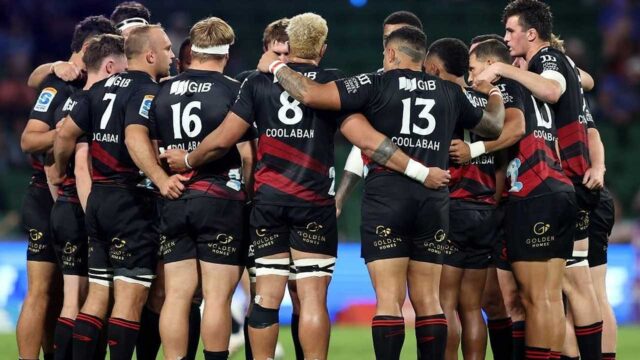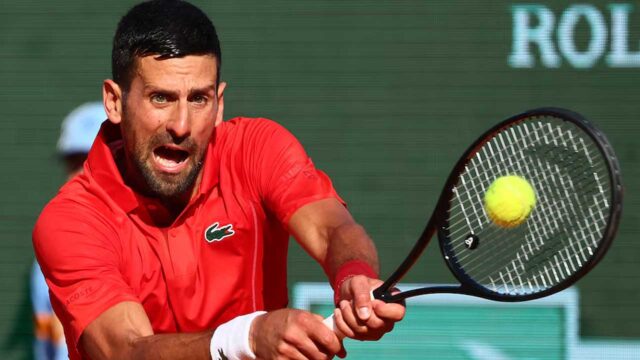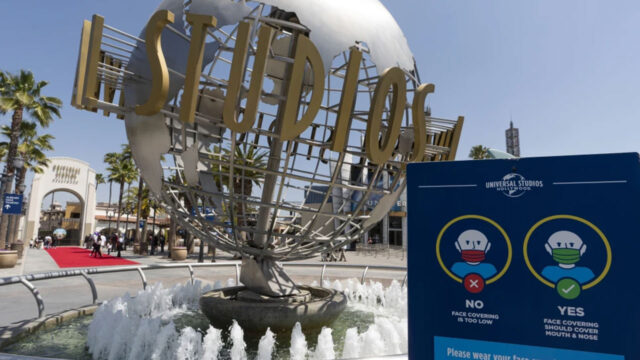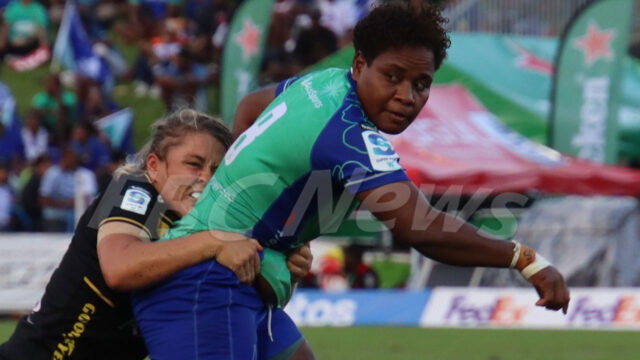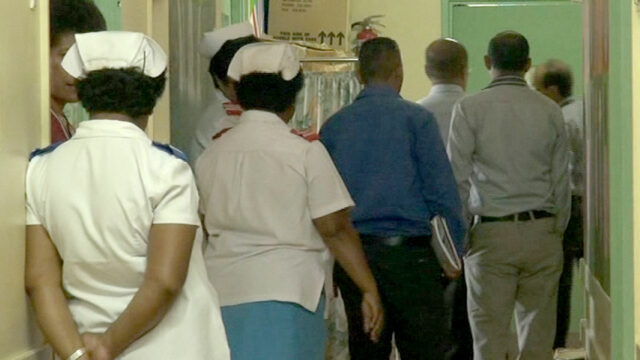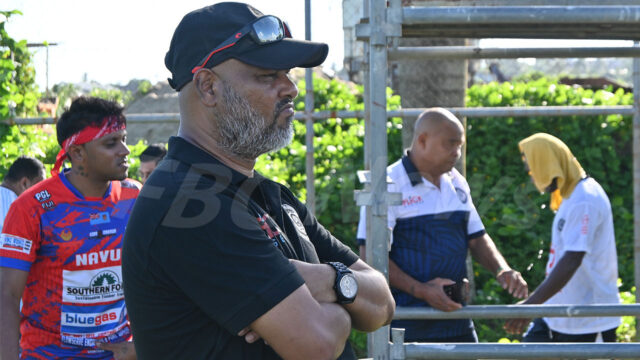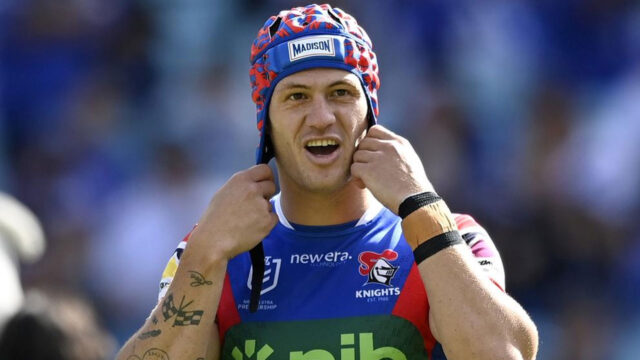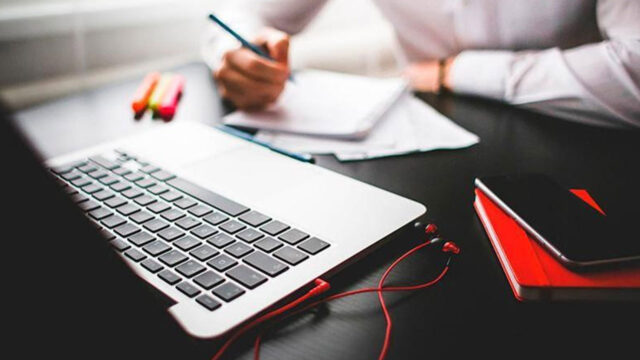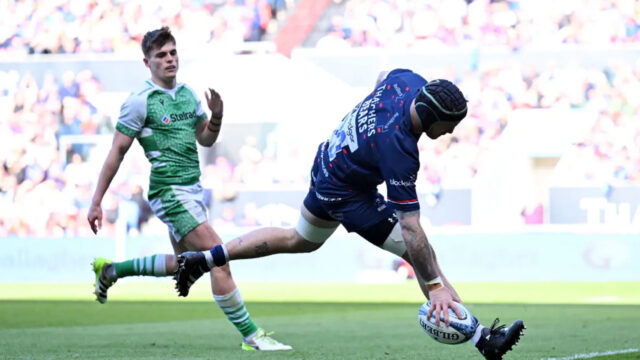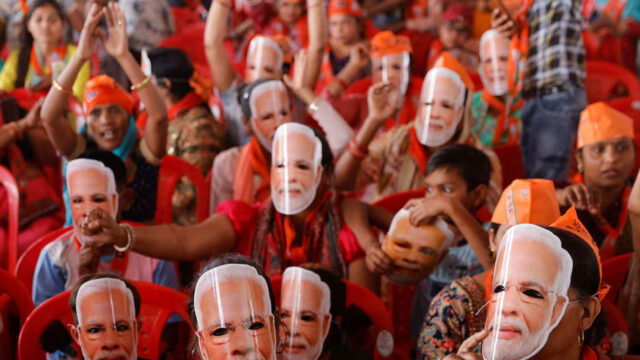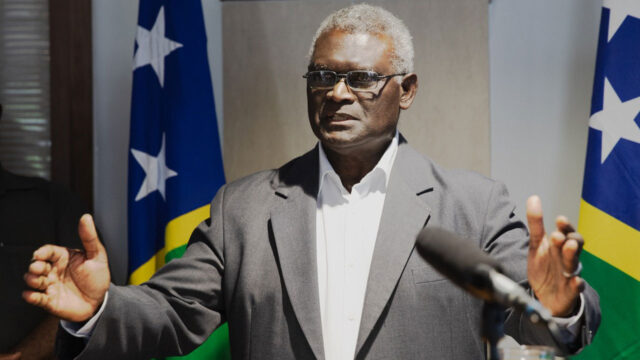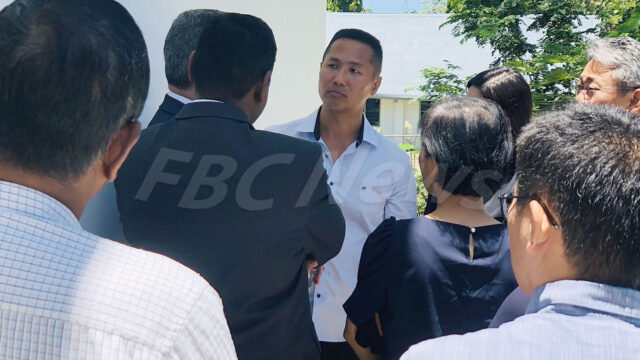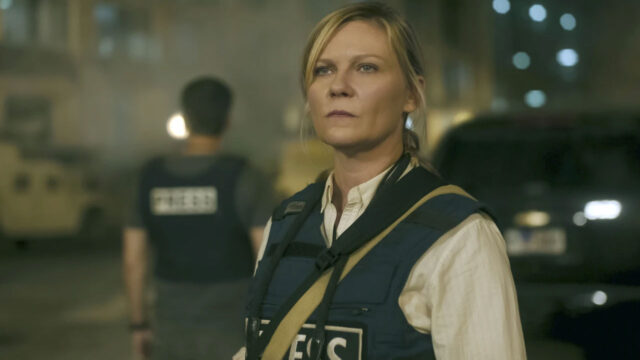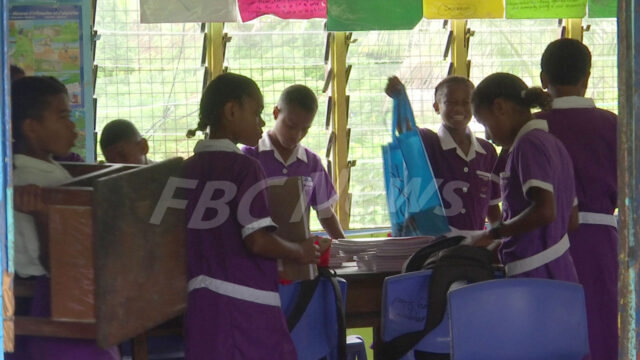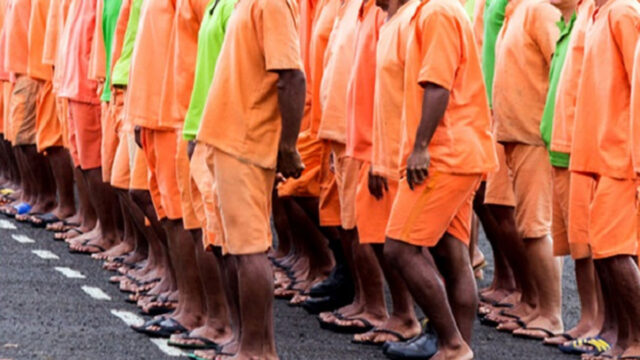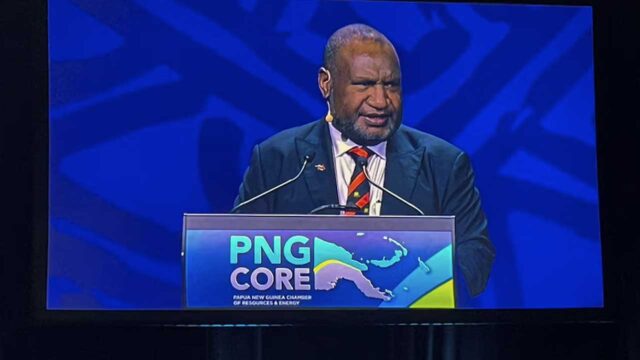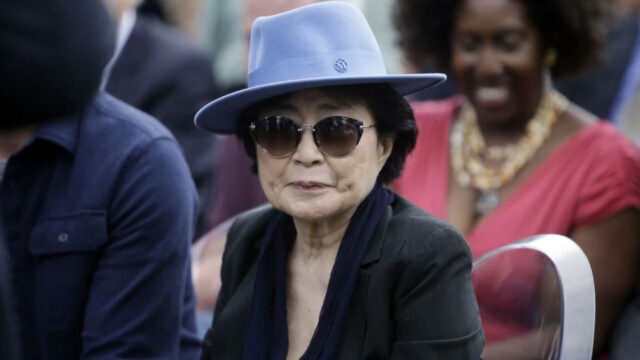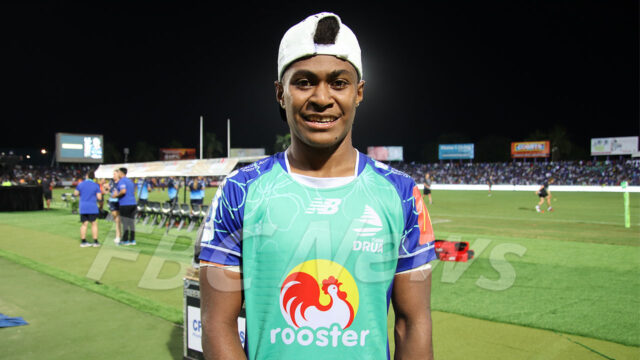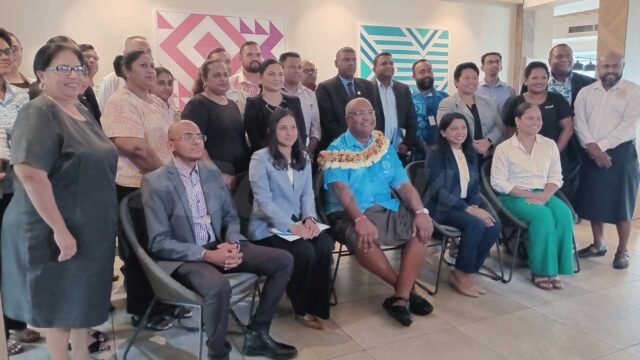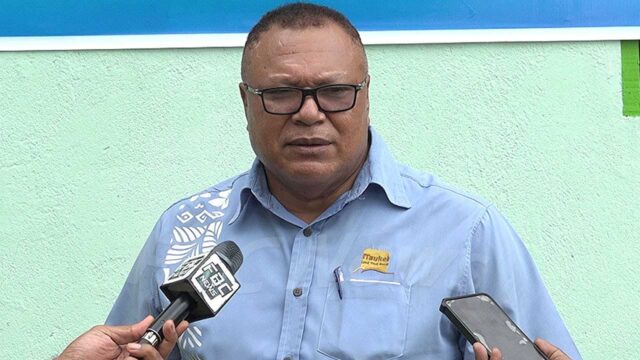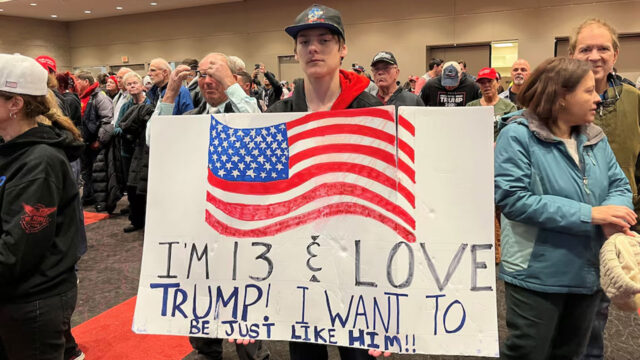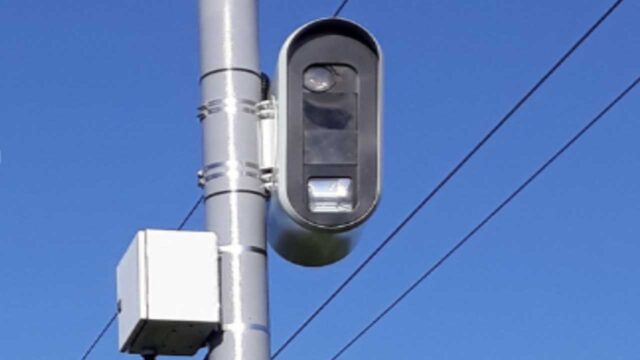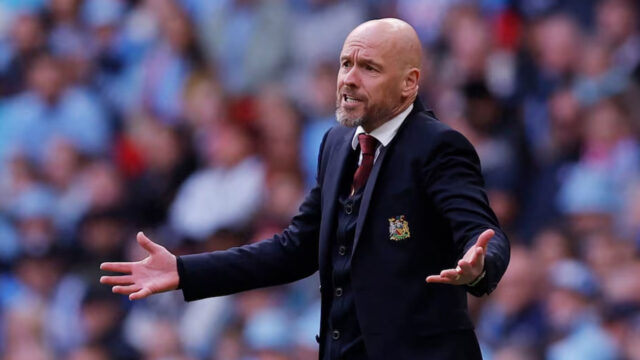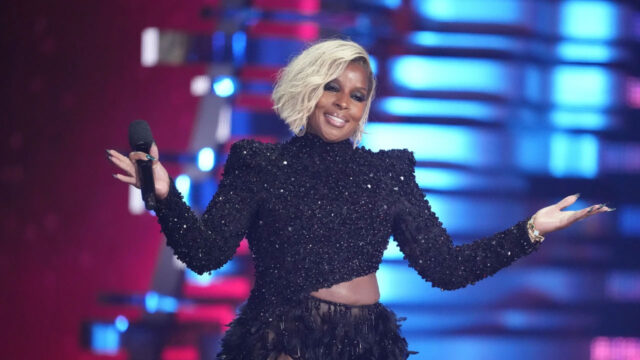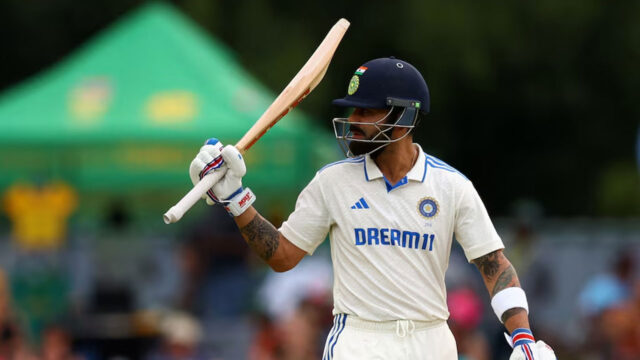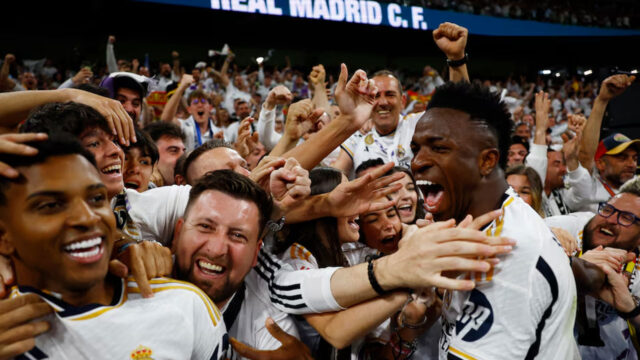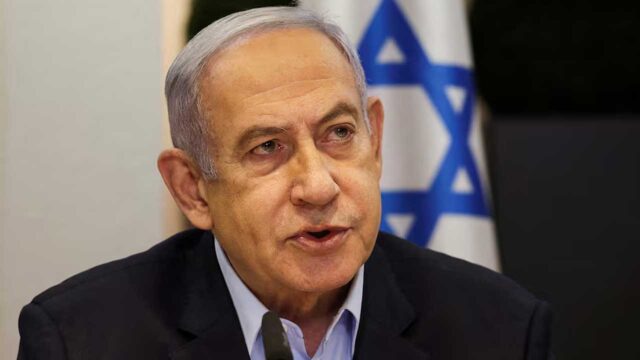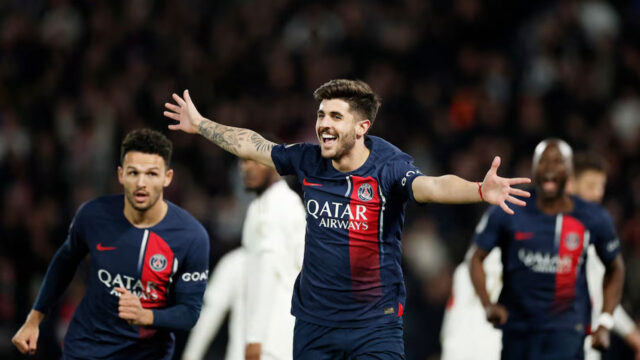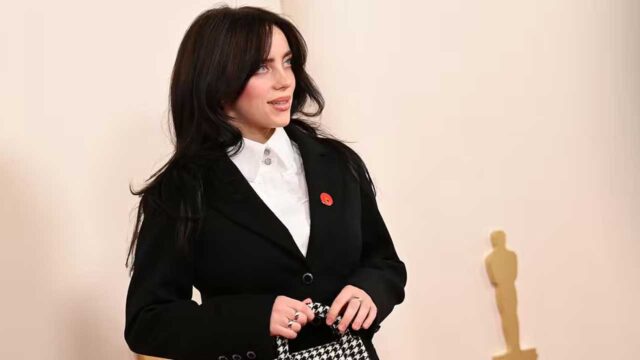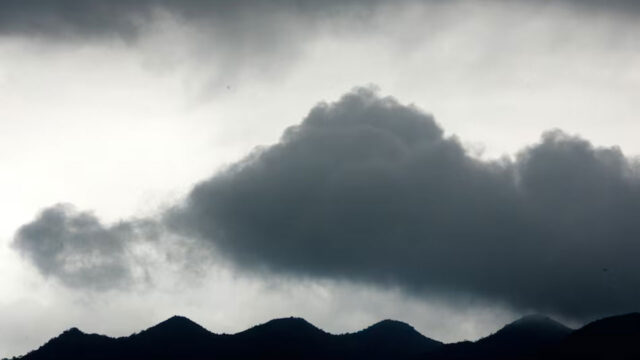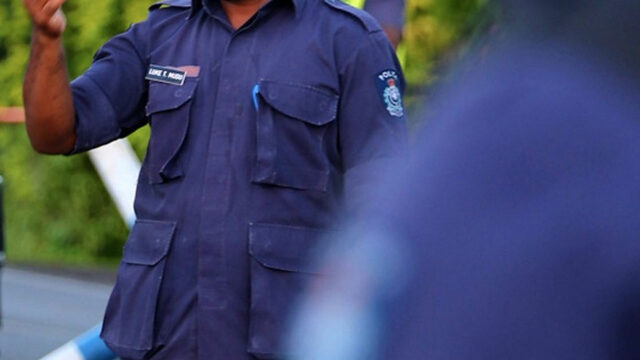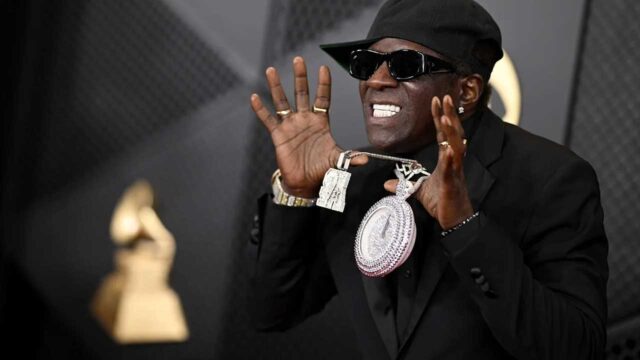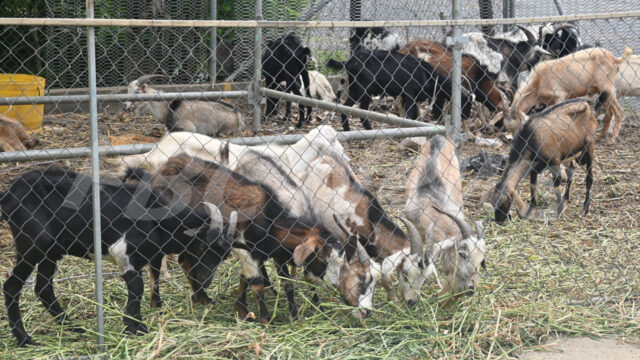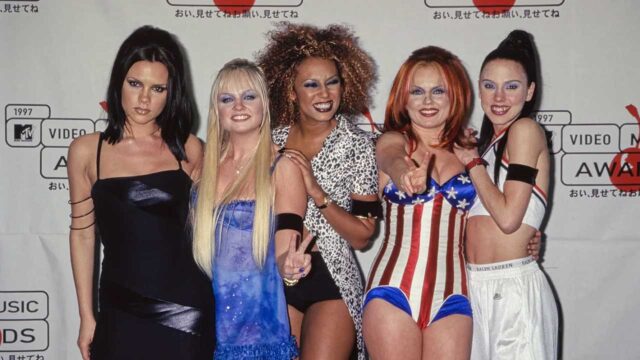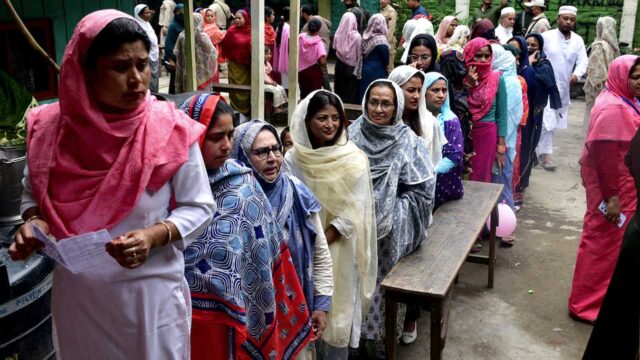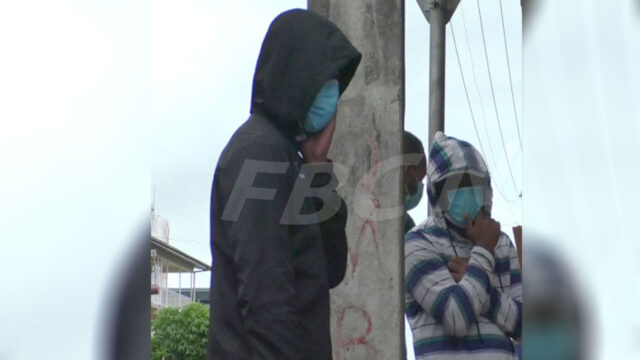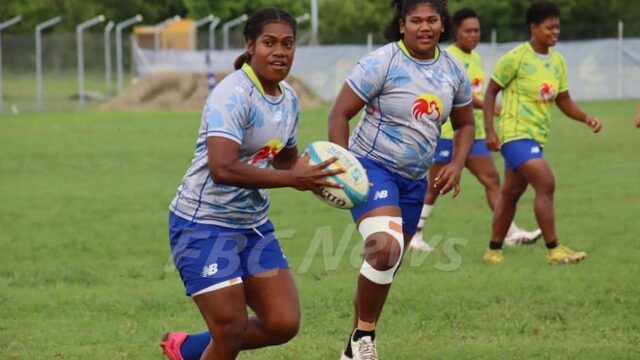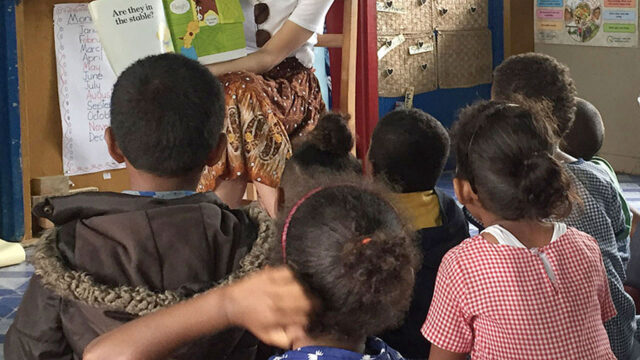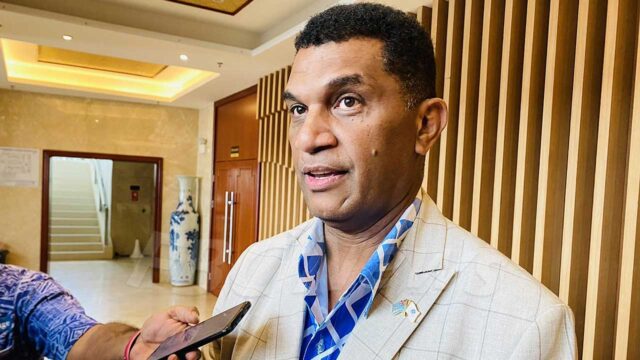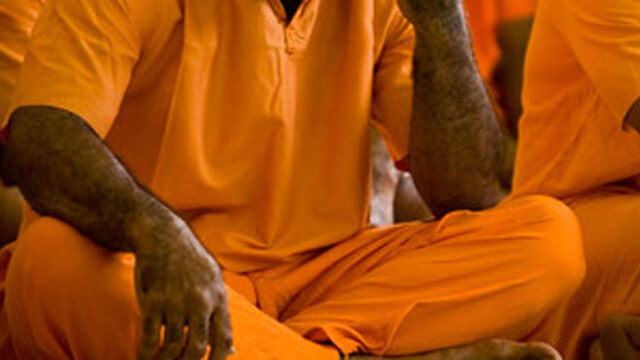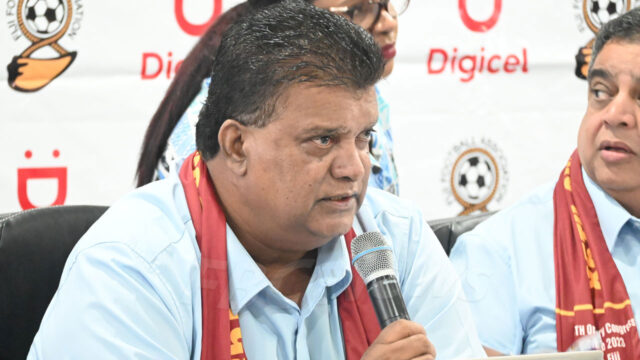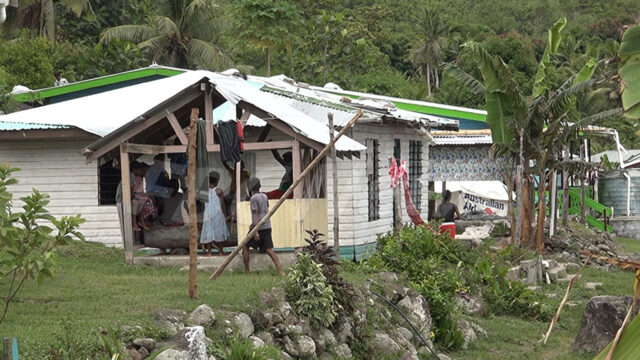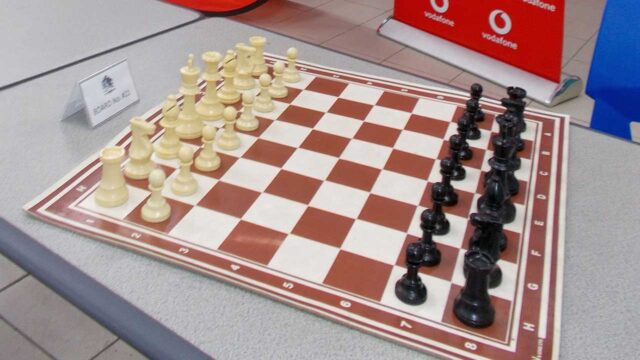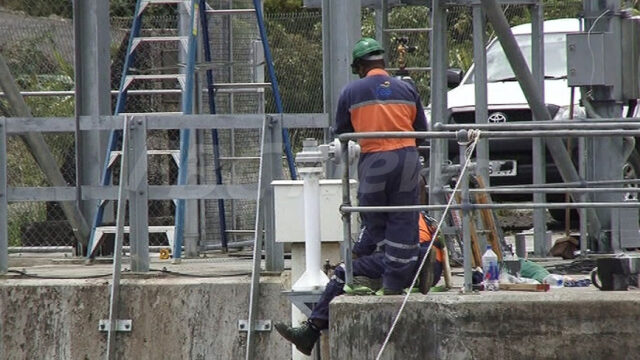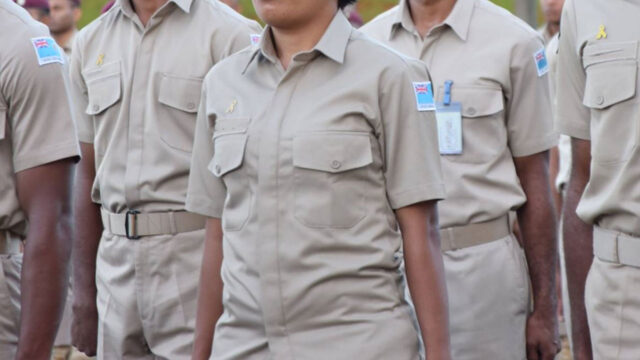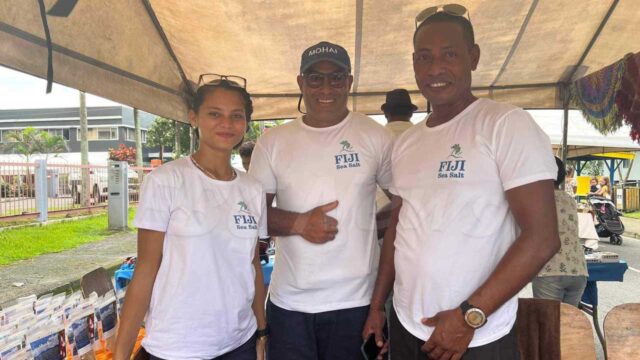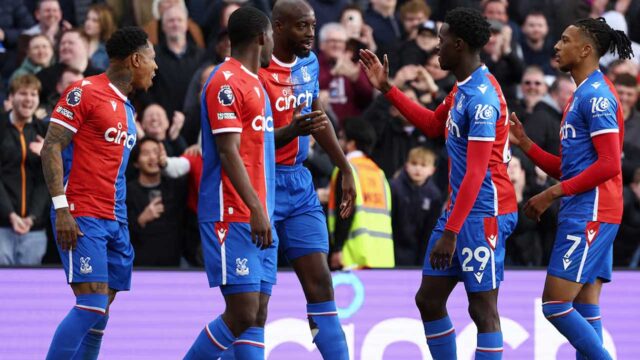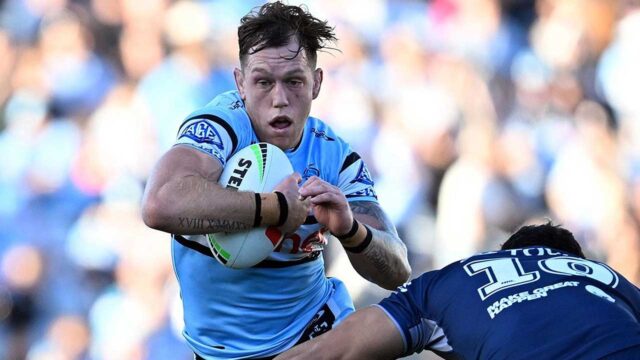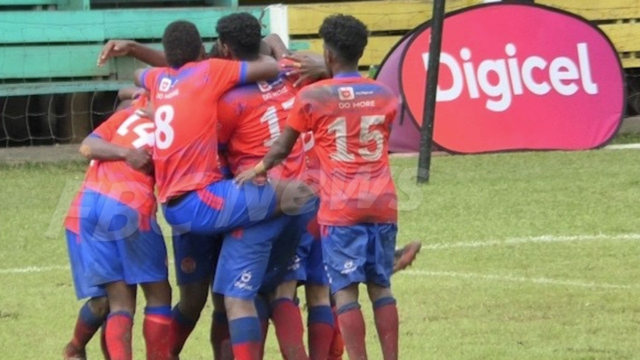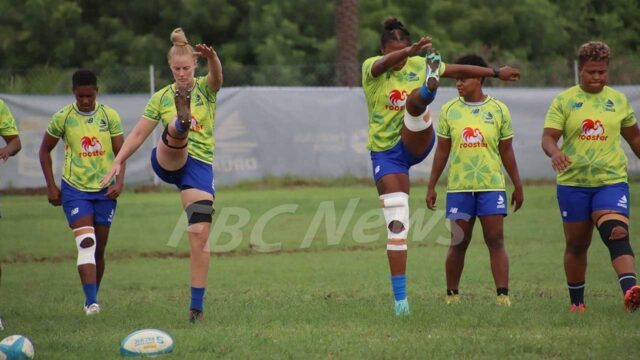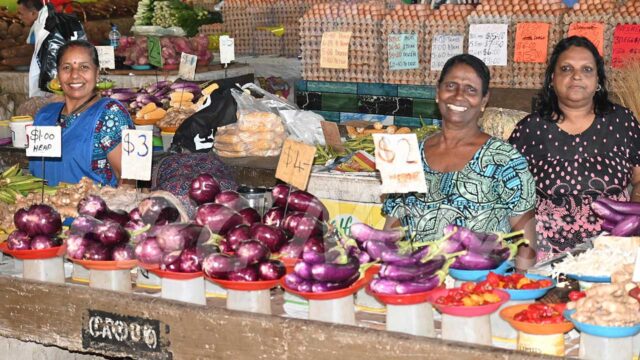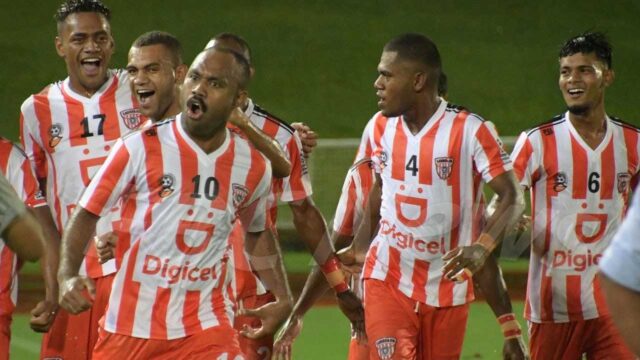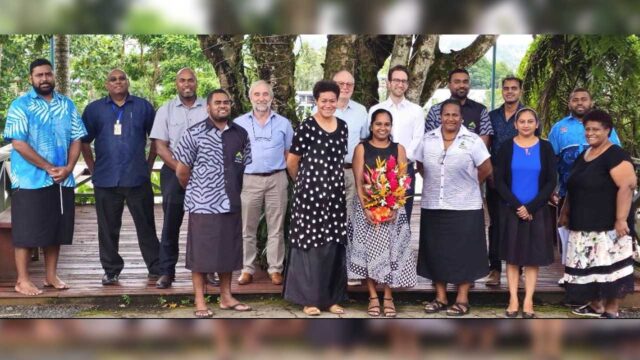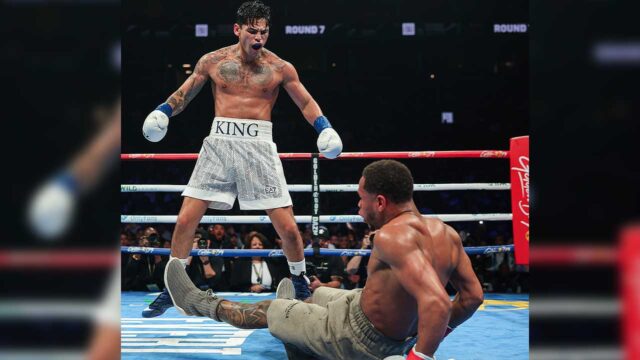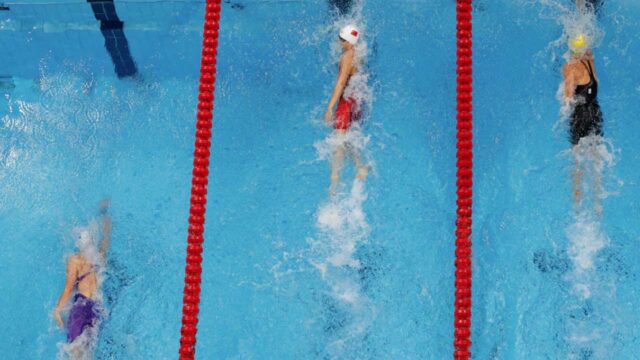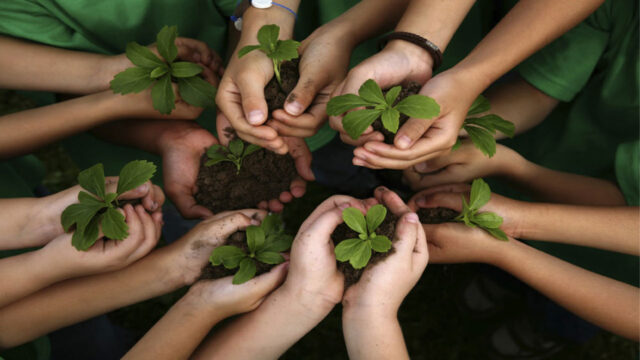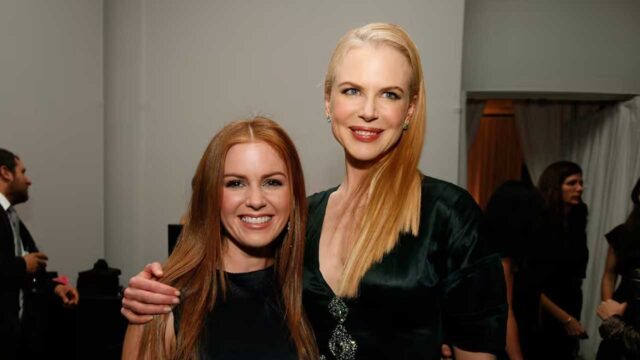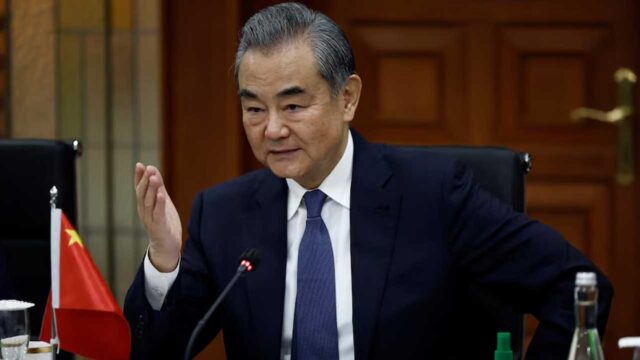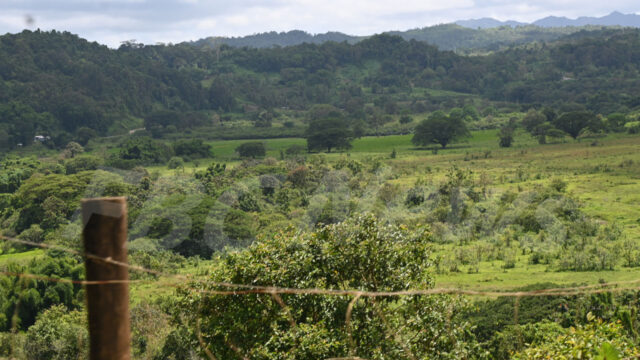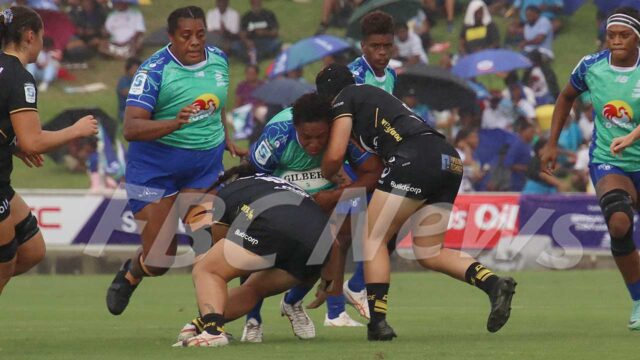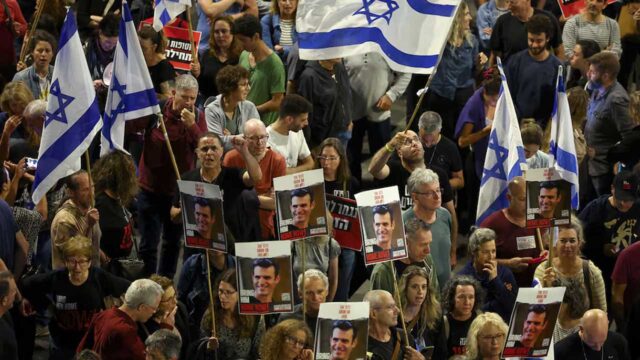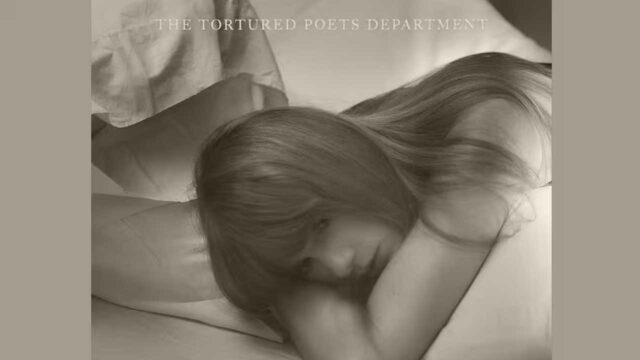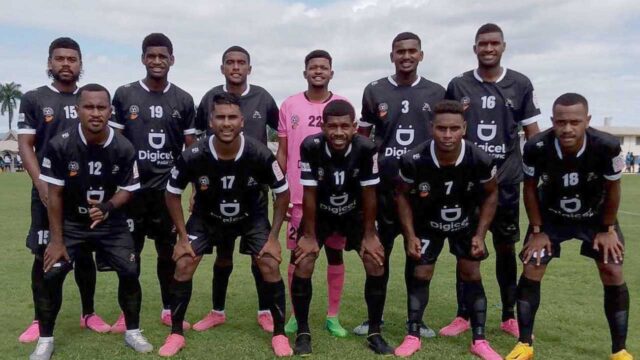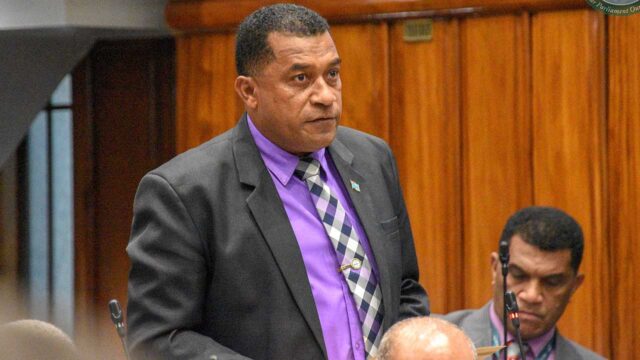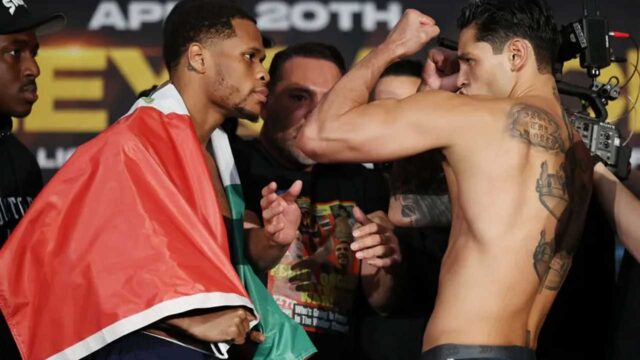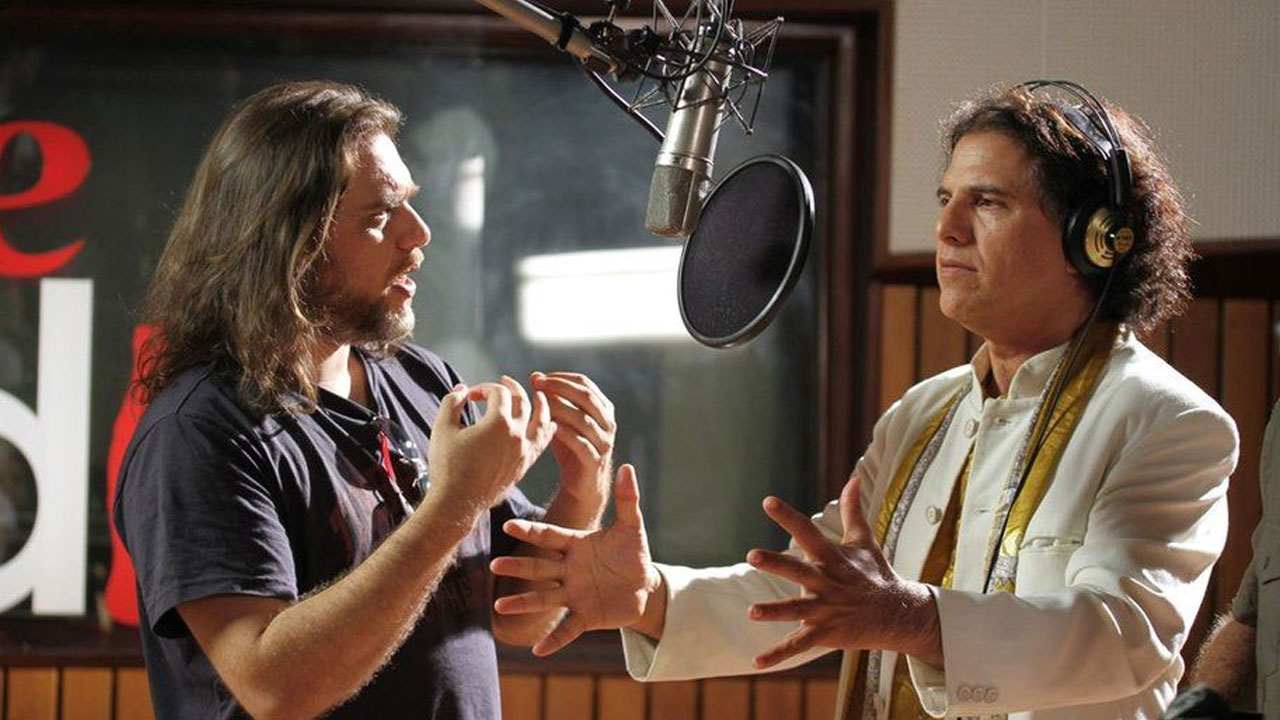
Rohail Hyatt, left, is credited for popularising folk music through Coke Studio. [Source: BBC]
“This song breaks barriers of language, religion, and nationality and touches the heart. Love from India.”
Welcome to the sweetest corner of the internet in the Indian subcontinent – the YouTube comment section of Coke Studio Pakistan.
Coke Studio – Pakistan’s longest-running music show, produced by beverage giant Coca-Cola – features studio-recorded performances by some of the country’s most famous artists. The music ranges from quirky pop and soul-stirring qawwali to rap – all of which draw heavily from folk traditions and classical poetry.
The series was a roaring success in Pakistan from the beginning but what took its creators by surprise was its enduring popularity in India. The two countries have long shared a hostile relationship which has often impeded cultural exchanges, despite their shared history.
“Even Coke Studio Pakistan never imagined that it would get this much love from India – so much so that it became more successful than India’s own Coke Studio!” popular Indian composer Shantanu Moitra says. “I think that’s incredible.”
Despite tense relations, Indians and Pakistanis have always shared a deep affinity for each other’s art and culture.
Millions of Indians still hum along to legendary Pakistani singers such as Ghulam Ali and Abida Parveen. Generations of Pakistanis have grown up on a steady diet of Indian films, with Bollywood movies breaking box-office records there. Television soap operas from that country are hugely popular in India.
Until a few years ago, artists from the two countries often collaborated on music and film projects. But when political hostilities migrated to the cultural arena, Bollywood dropped Pakistani actors and Pakistan banned Indian movies.
But the love for Coke Studio endures.
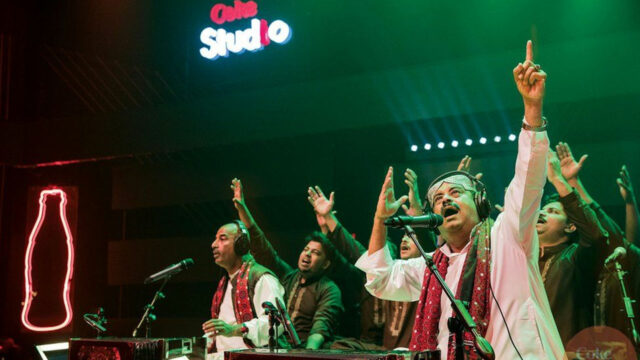
Coke Studio Pakistan’s qawwali renditions are hugely popular in India.
As a young man in the 1980s, Hyatt says he was the happiest jamming to songs by Pink Floyd and The Doors. For years, he says, he lived in this “westernised bubble”, where listening to local music was considered unsophisticated or uncool.
But that belief was challenged when he began working as a producer with famous qawwali artists such as Rahat Fateh Ali Khan.
“I realised that there’s so much depth to our music. It was a moment of grand awakening for me.”
Hyatt then began a dizzying musical journey, experimenting with fusion and eclecticism. He dug deeper into Pakistan’s traditional sounds and created new ways of melding them into an electronic landscape.
“The idea was to share our traditional music with the world, but in a palatable sound scale,” he explains.
In 2005, Coca-Cola came on board – Coke Studio was adapted from a promotional project the company did in Brazil.
There were challenges. Hyatt says he faced plenty of scepticism and was only allowed to do three-four songs as “an experiment” in the first season, which was released in 2008.
“But those songs ended up being the most popular,” he says. “So by Season two, I went all out.”
More than a decade later, Coke Studio Pakistan is going strong with millions of fans across countries. Both India and Bangladesh now have their own versions, but the original remains the most popular.
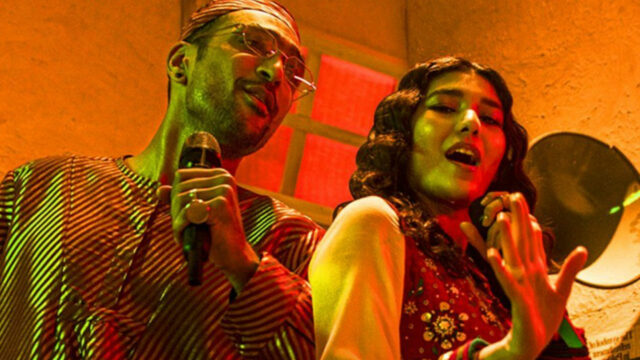
Coke Studio Pakistan’s new song Pasoori is a big hit in India.
Fans say they can’t get enough of the underground feel of the show, which eludes conventional categories, existing instead between genres.
“There’s so much history and soul in every song,” says an Indian fan who has followed the show for years. “But there’s also the funk and groove that makes you want to just get up and dance.”
Coke Studio took all of Pakistan’s music – from pop to qawwali – and put it on a single platform, says Faisal Kapadia, the lead singer of Strings, a Pakistani pop band which produced four seasons of the show.
The show has also remained fresh because its producers keep reimagining it.
“Whenever a new producer took command, they put their own touch to the music. You got a different flavour every season,” Kapadia says.
So while Hyatt intentionally added a psychedelic feel to the music to “take it to that zone”, Kapadia drew heavily on the traditional poetry of Sufi saint Amir Khusro, along with the pop rock elements that were signature to his band and the classical film music he grew up listening to.
“It’s a bit like James Bond movies. Every time the actor changes, the theme remains the same but the feel of the film changes,” Kapadia says.
For Hyatt, the goal was to reinvent the music without turning it into something facile.
“It was an exercise in how close we can be to the original, but also relatable to the west,” he says.
Pakistani singer Zeb Bangash, who has often participated in the show, says this is one reason for its popularity in India.
“Indians are no strangers to fusion music. You look at songs composed by [Indian music director] RD Burman – he constantly brought jazz and Afro-funk beats, tunes and interludes and married them into traditional sounds,” she says.
But Coke Studio also proudly adapted and showcased local, folksy, musical traditions like never before.
“This, along with the slick sound, captured imaginations across borders,” Bangash adds.
Moitra adds that Coke Studio is also a refreshing change in India, where film music – especially Bollywood – acts as a “heavyweight”.
“Bollywood is like a blotting table. It takes anything good and makes it its own, including alternative styles of music or lyrics,” he says.
It’s also a spectacle-driven industry, often showcasing actors singing maudlin love ballads and larger-than-life visuals.
“Coke Studio, on the other hand, puts the musicians at the centre stage. And I think that really makes all the difference,” Moitra says.
More than anything, the show’s success is also a heartening reminder of the ability of musical cultures to thrive even in adverse political circumstances. As a friend jokingly said, it’s like Rumi’s proverbial field that exists beyond the ideas of “wrongdoing and rightdoing”.
Moitra says it also offers hope of cultural ties reviving between India and Pakistan. “There are dark phases but there are also better phases and I think once that happens, artists will once again work together,” he says.
The sentiment is shared by his counterparts across the border.
Bangash remembers the “beautiful and incredible” experience she had in 2011 while working with Moitra and other musicians who, she says, “were willing to not just be friends but build real connections”.
Kapadia also can’t wait to come back and perform in India.
“The love we got from Indian audiences is amazing. We were very lucky.”


